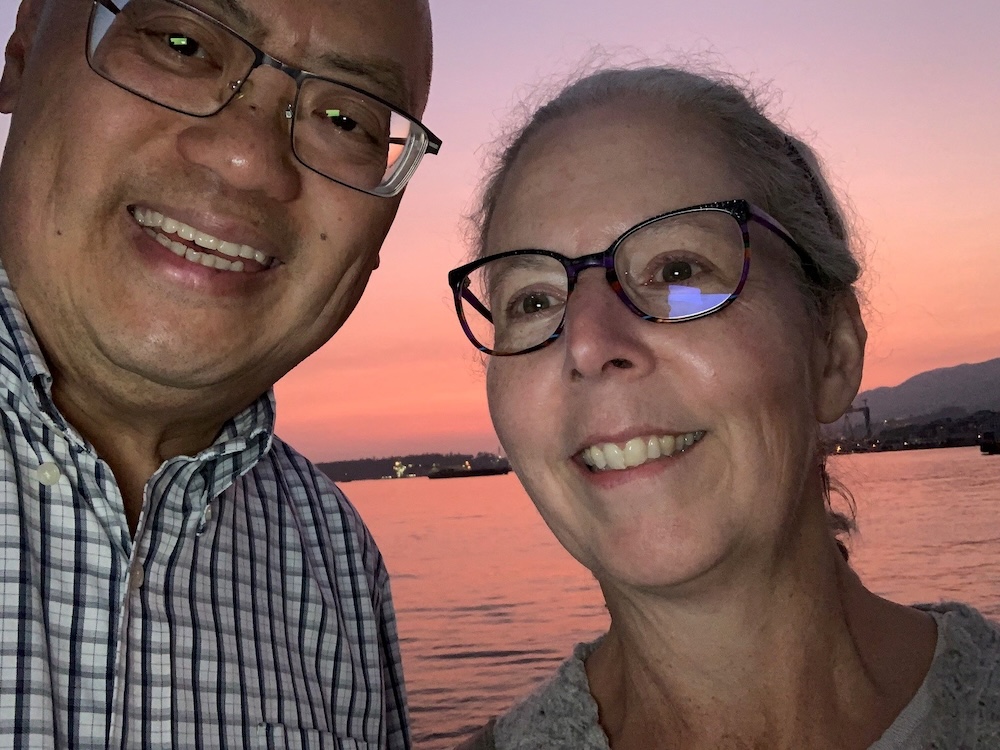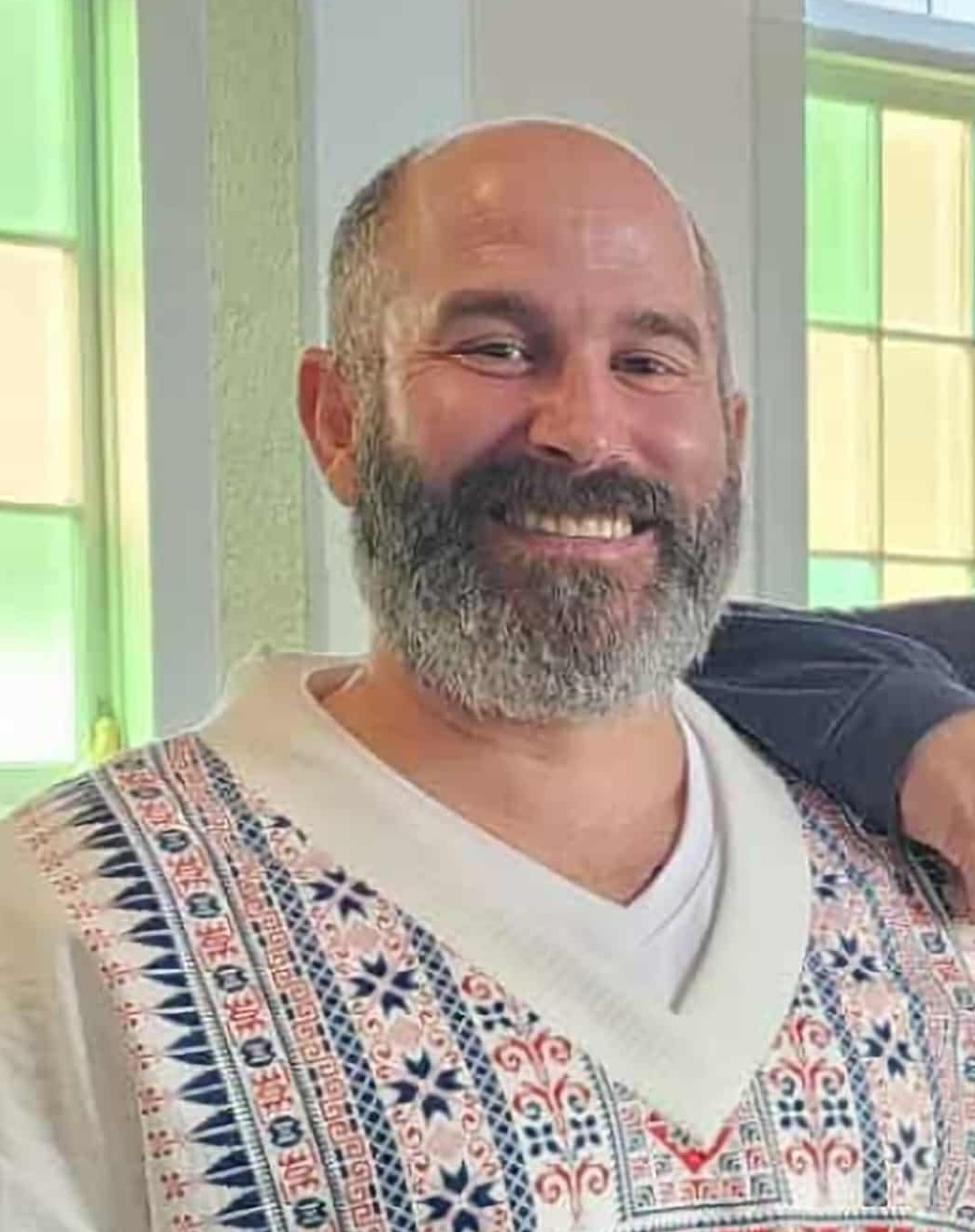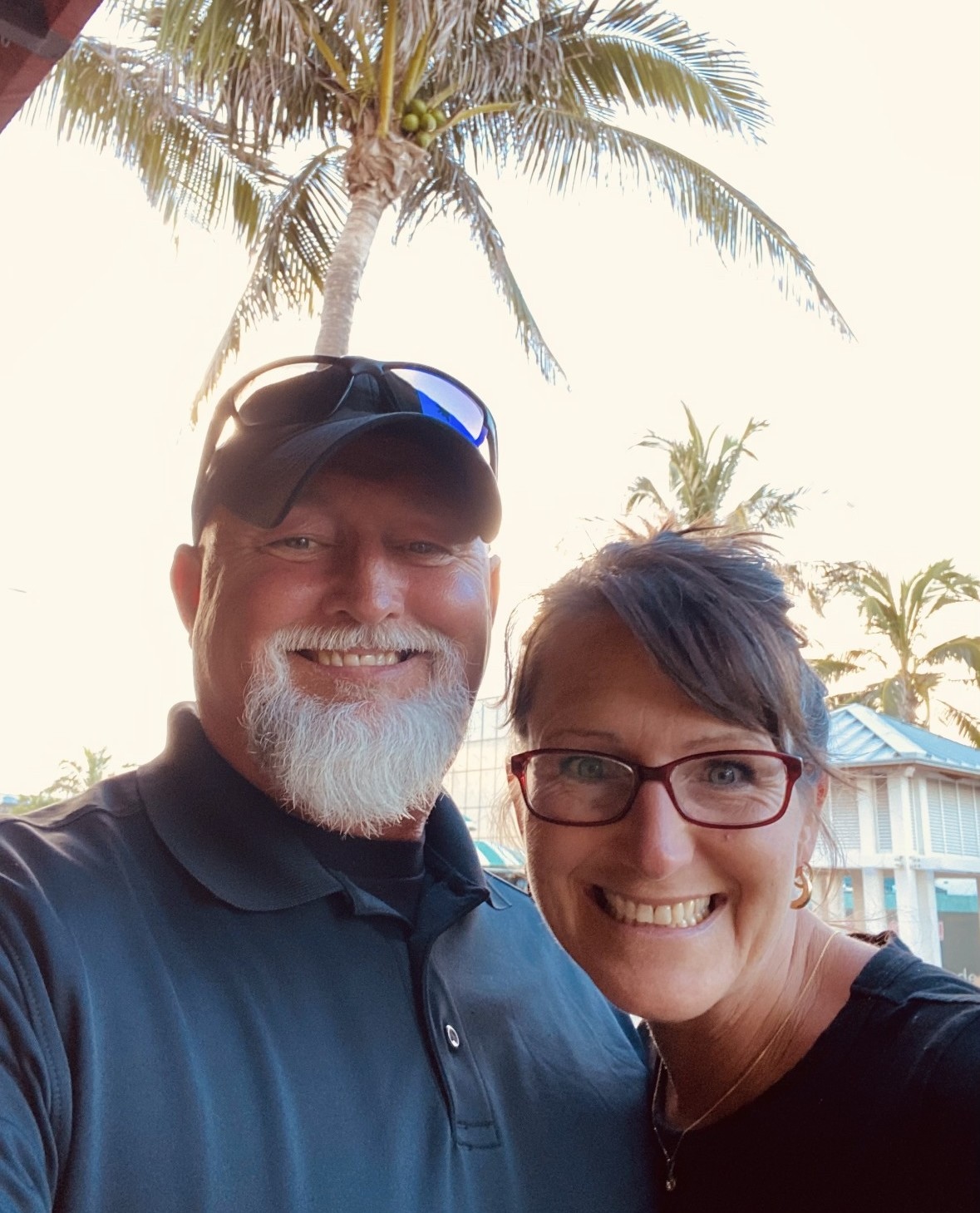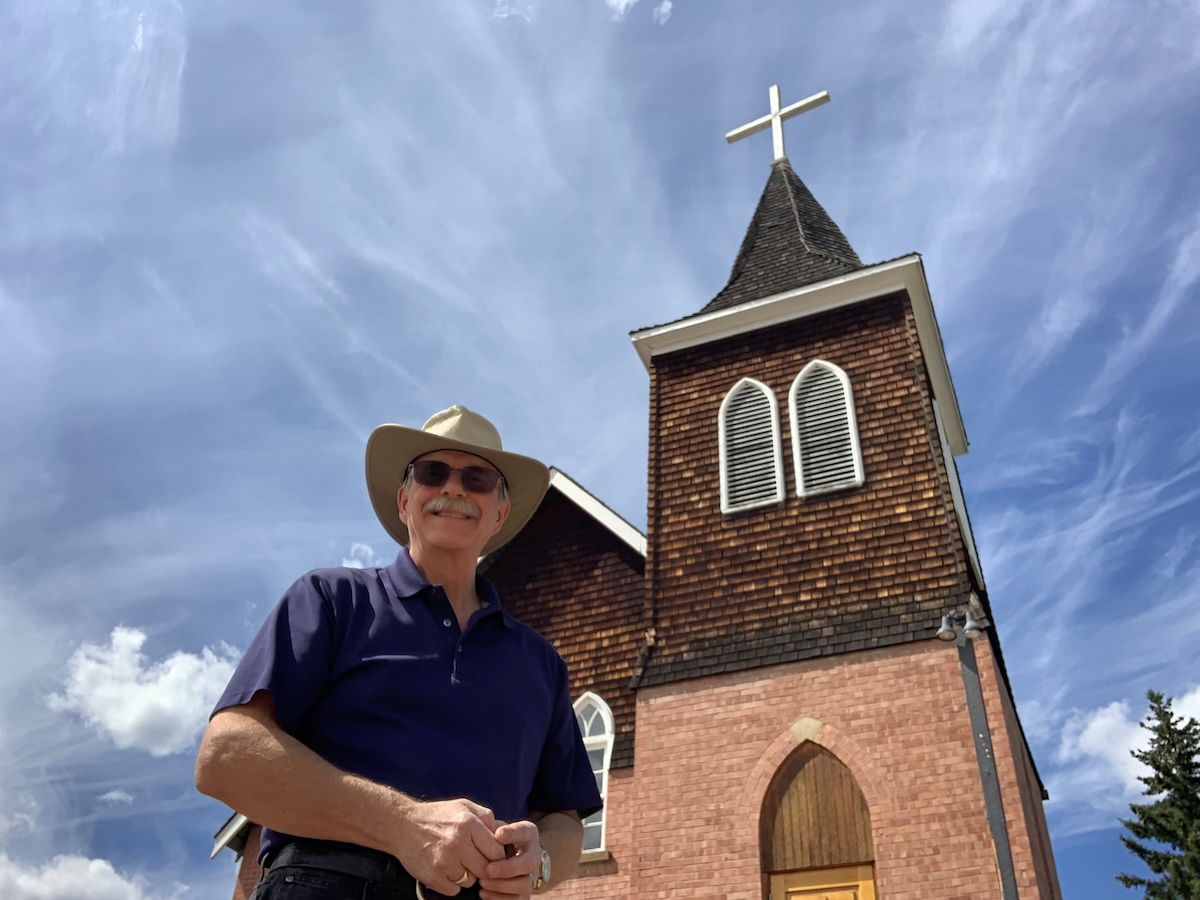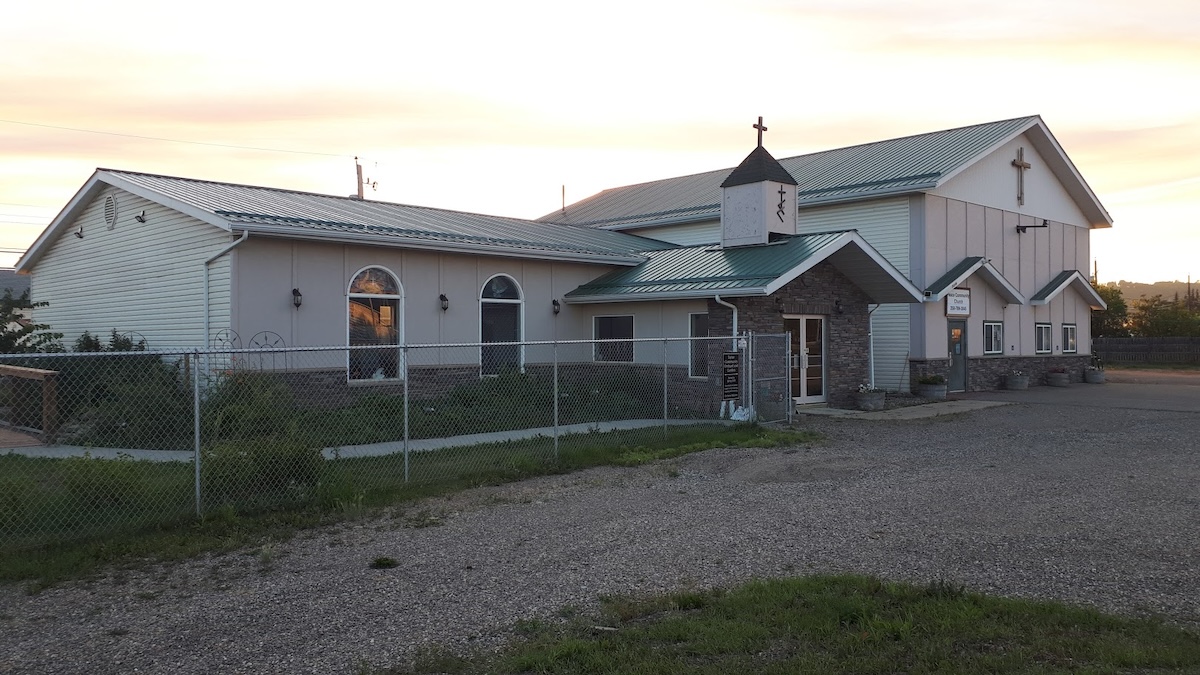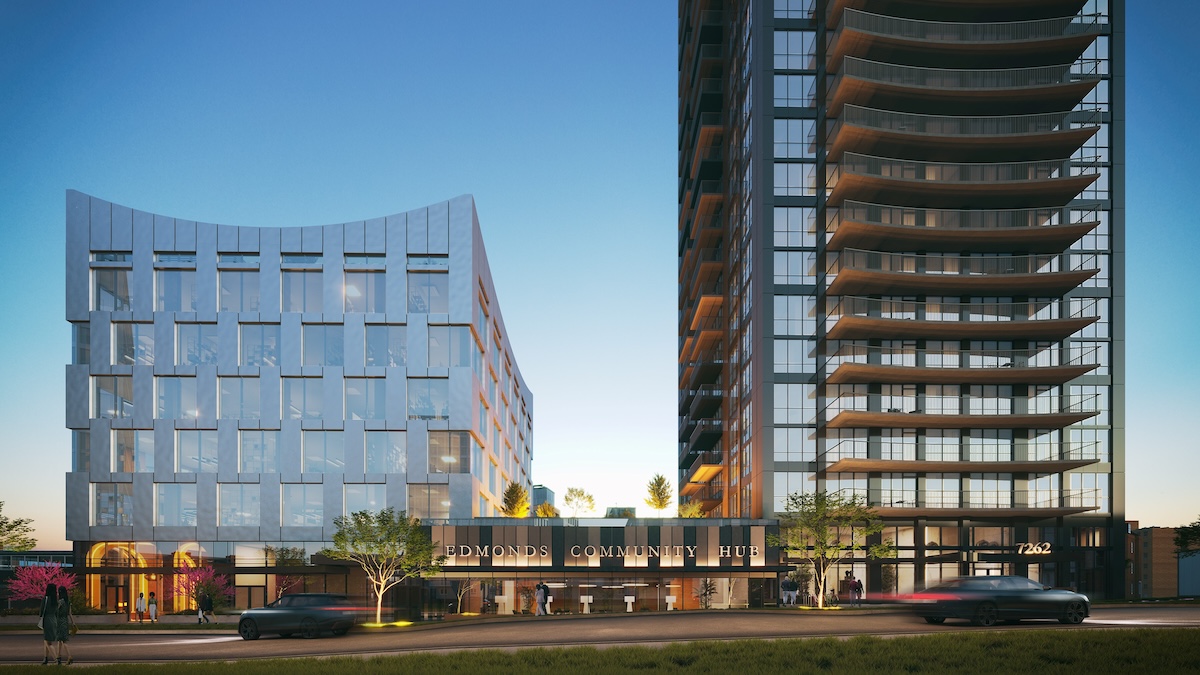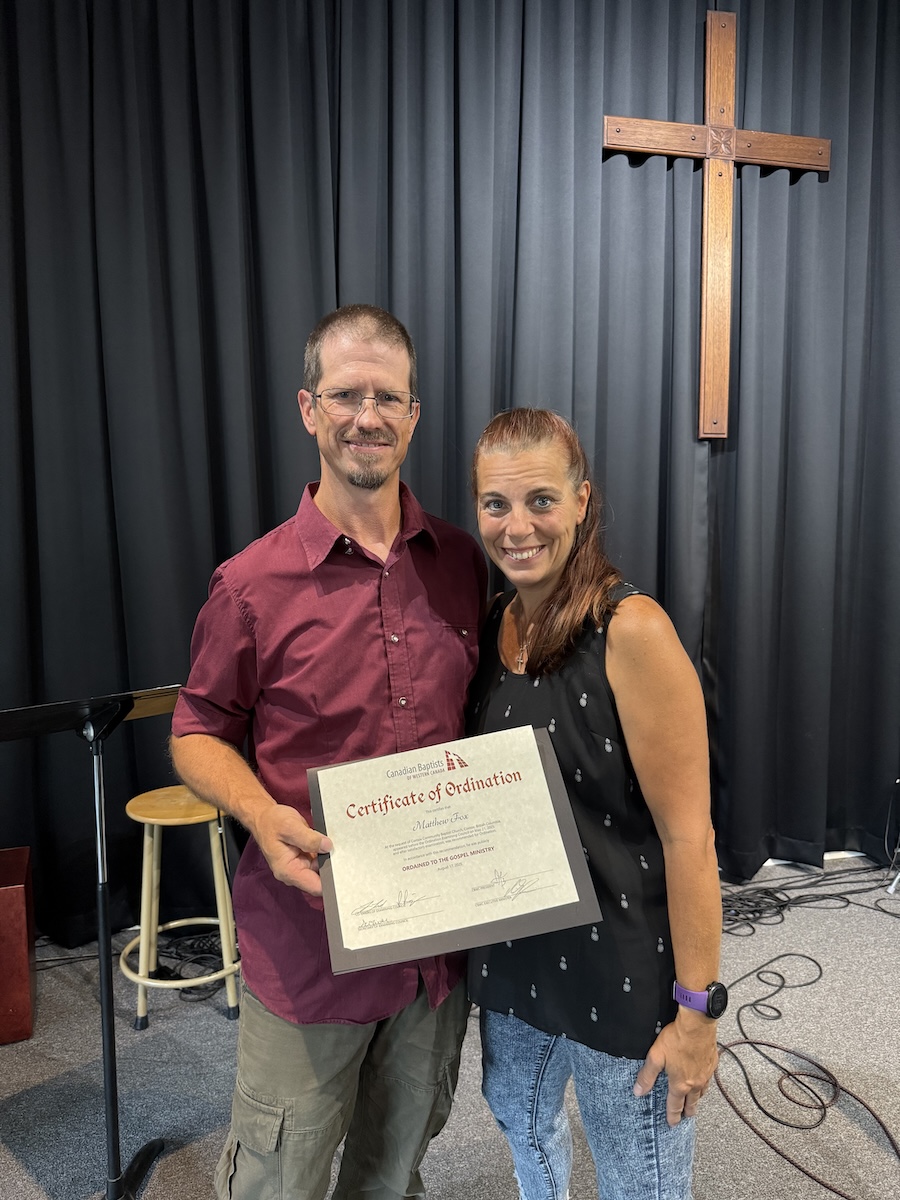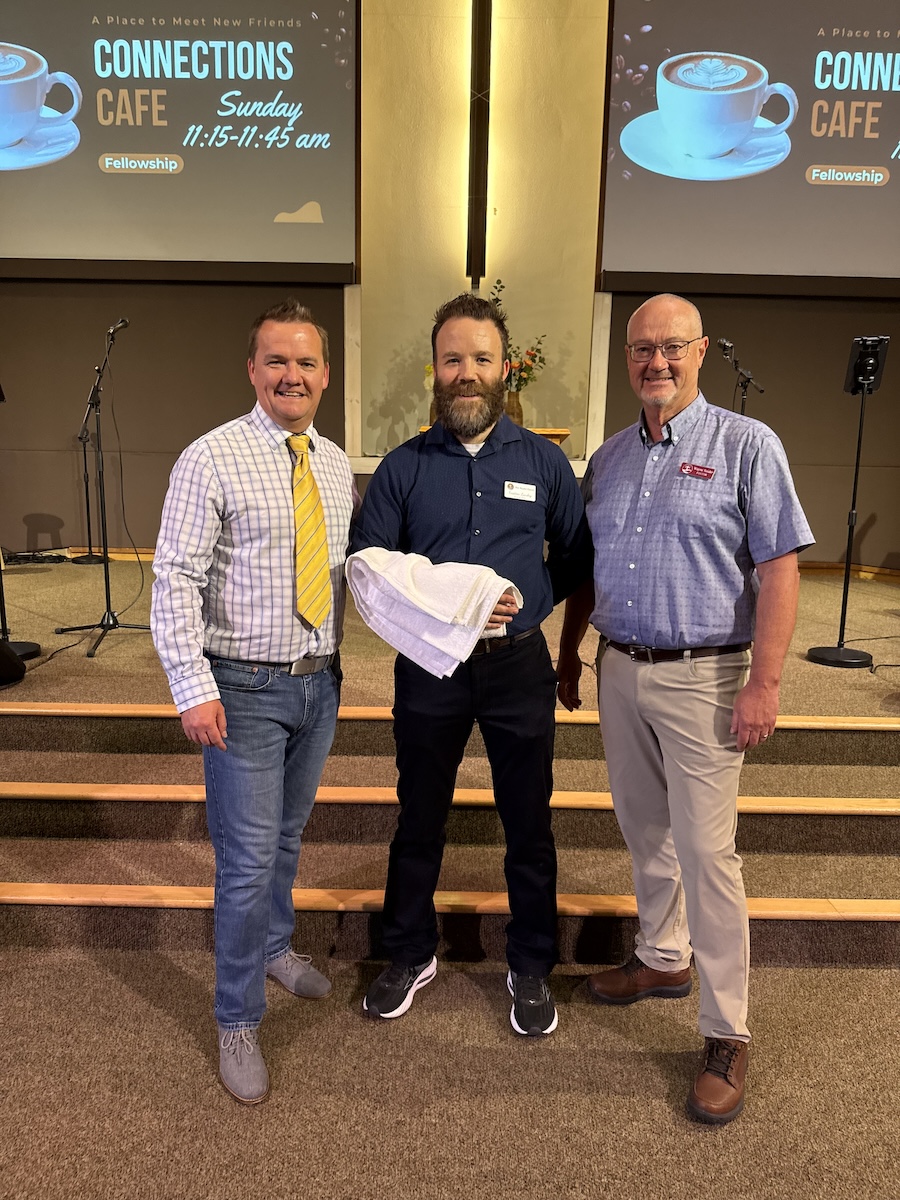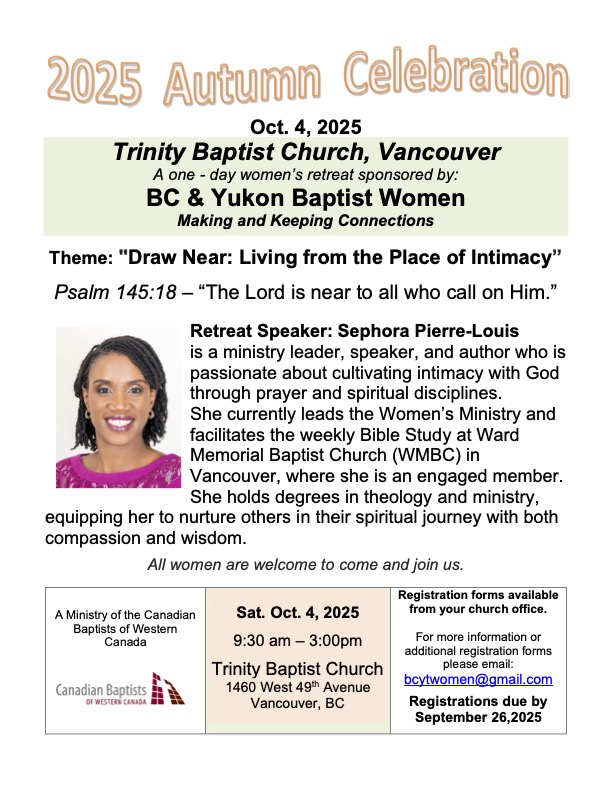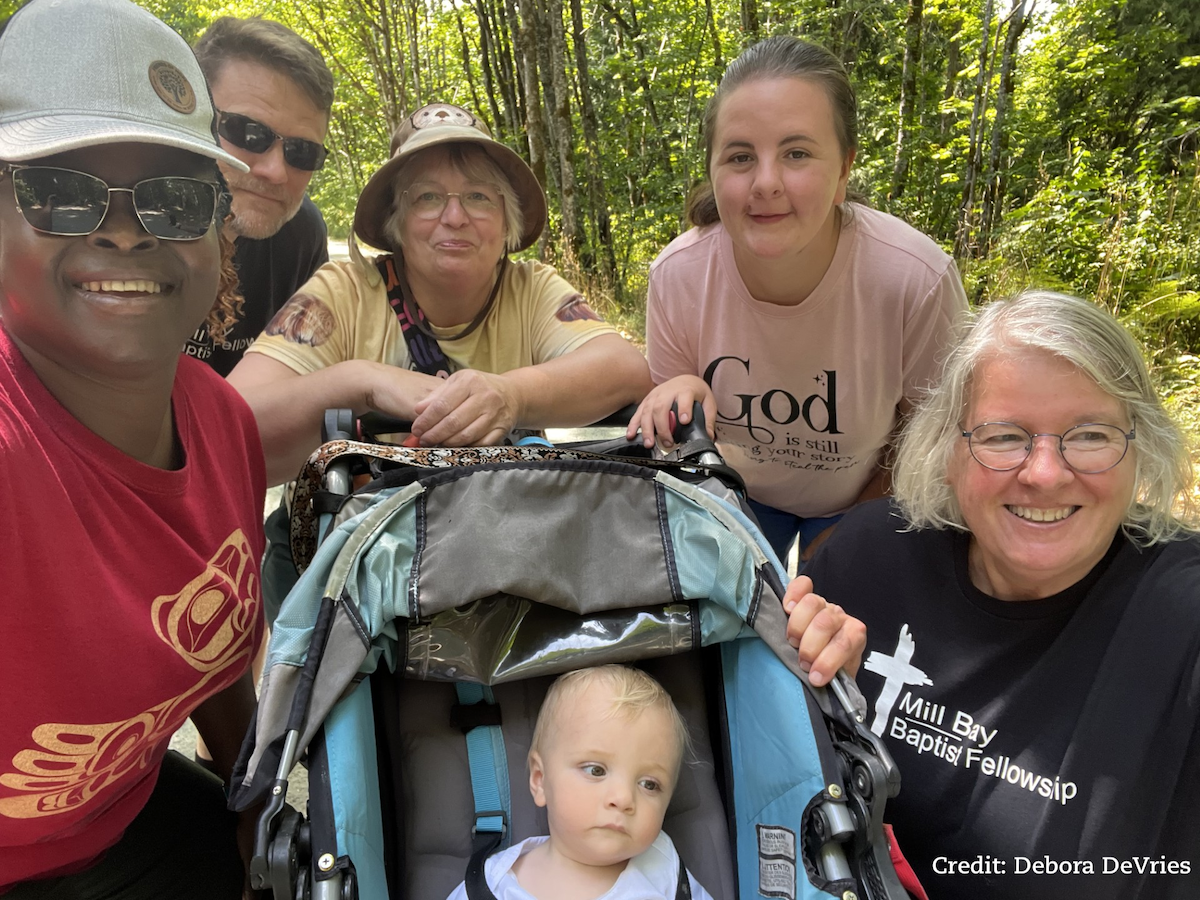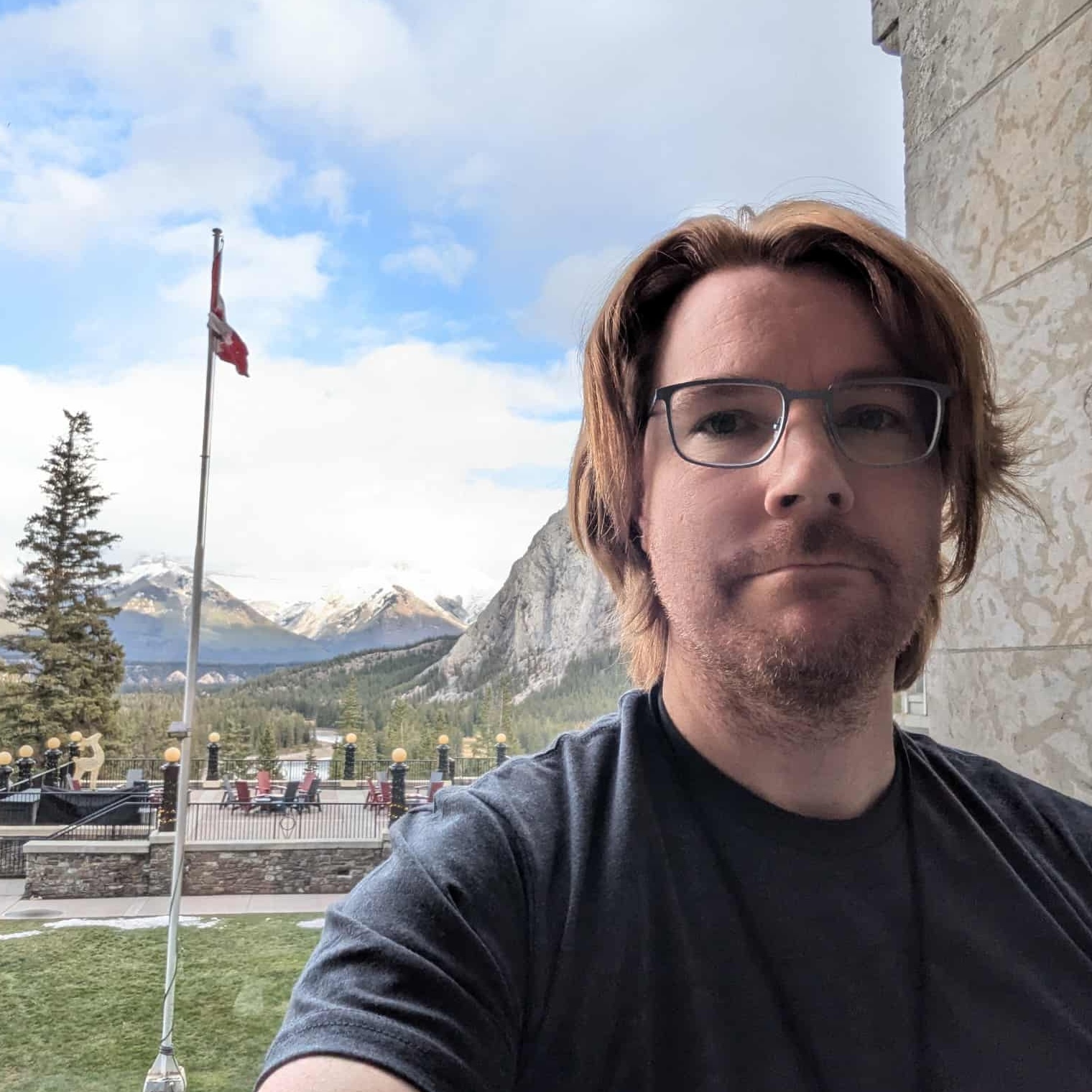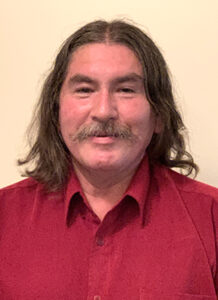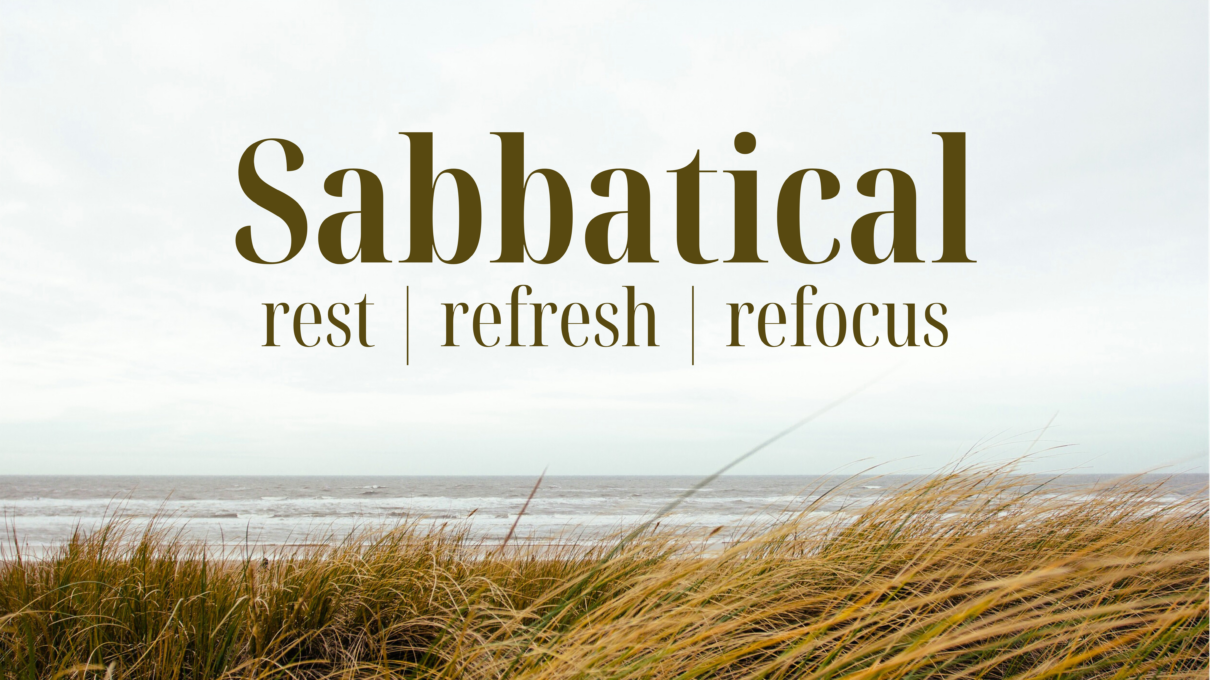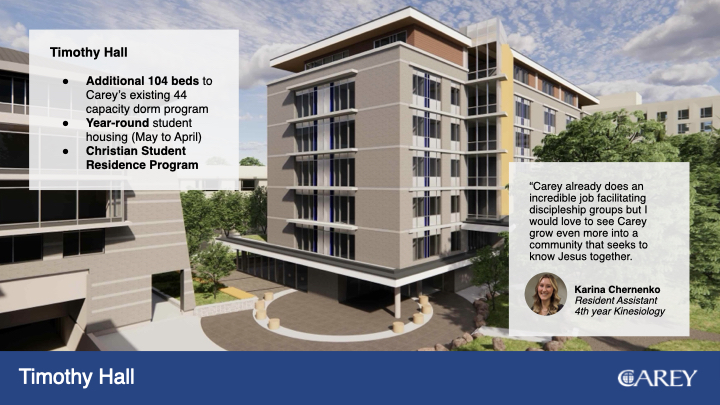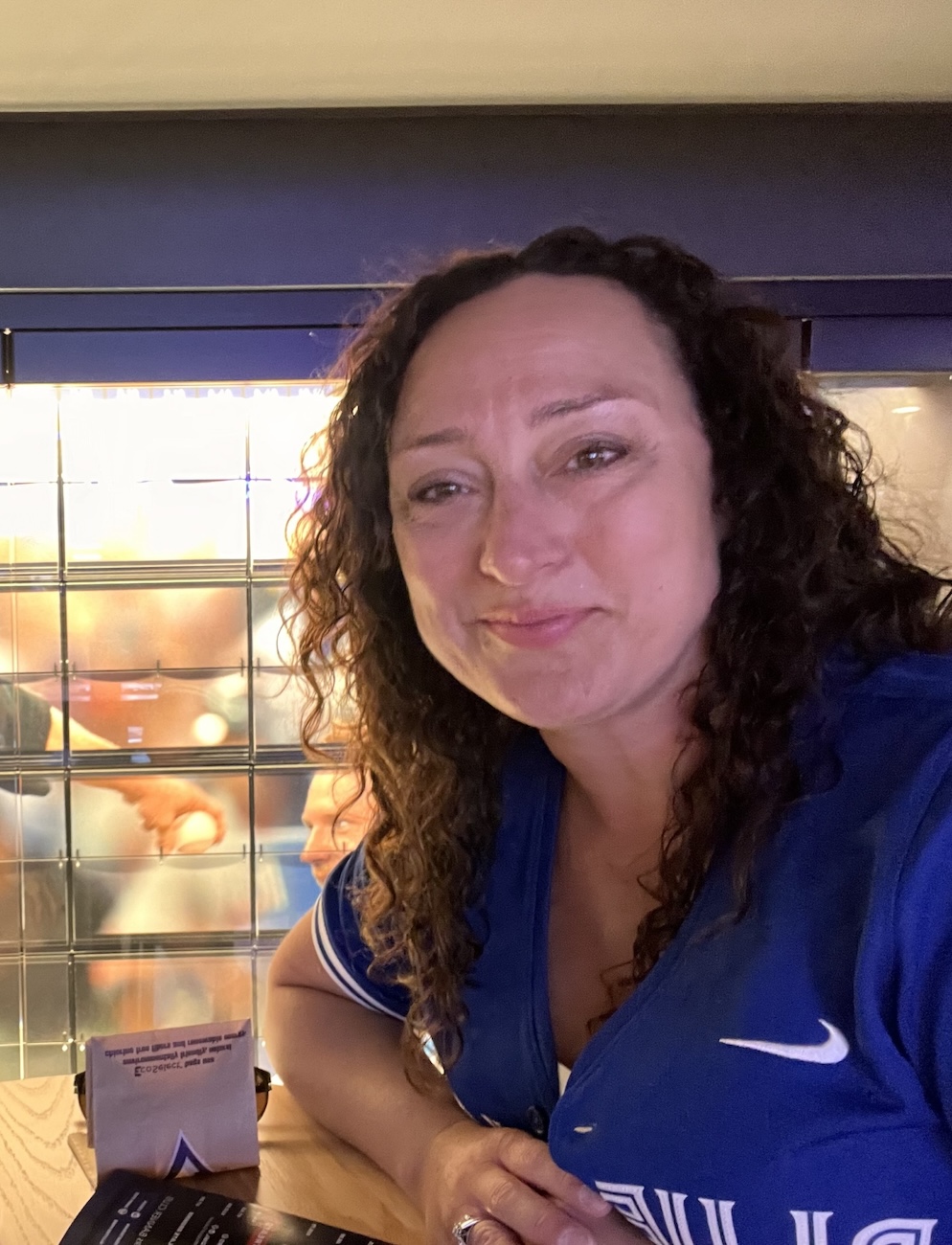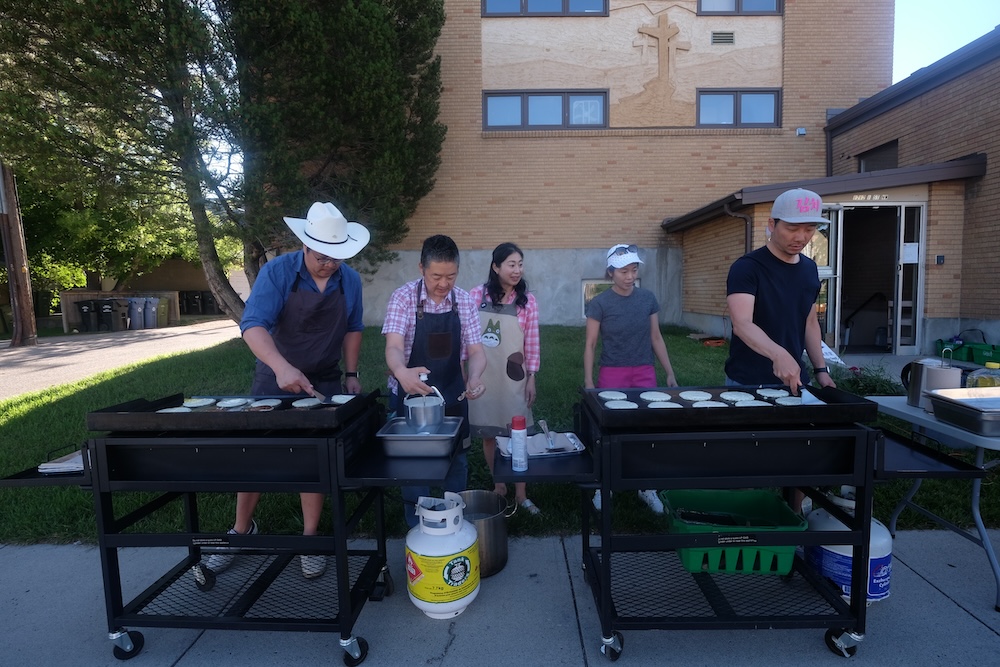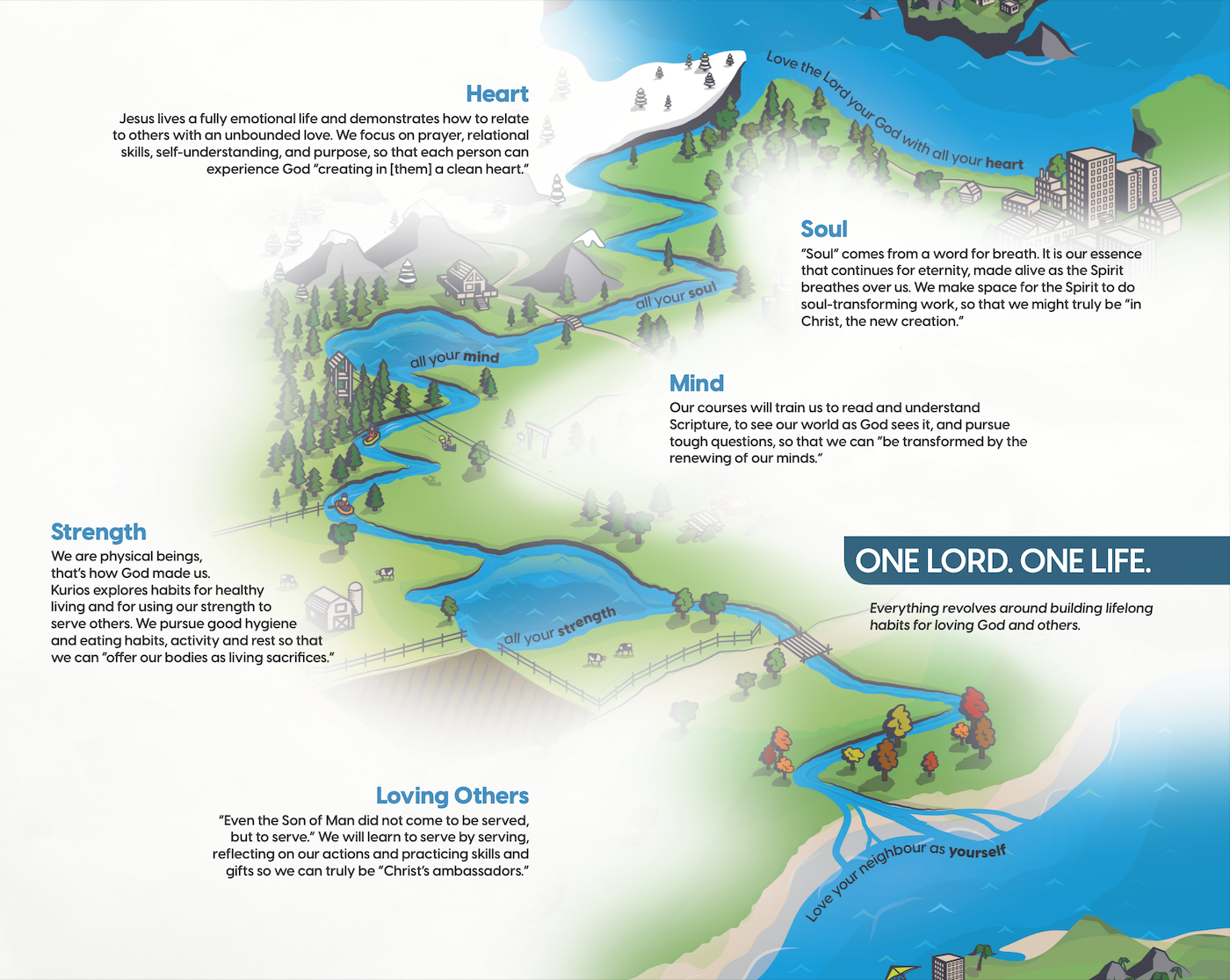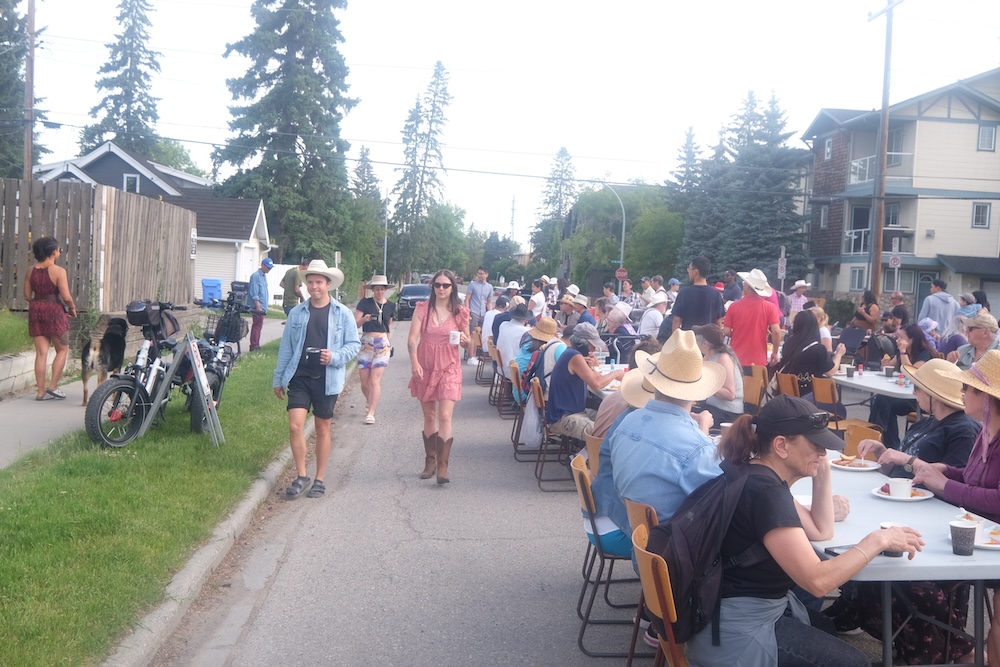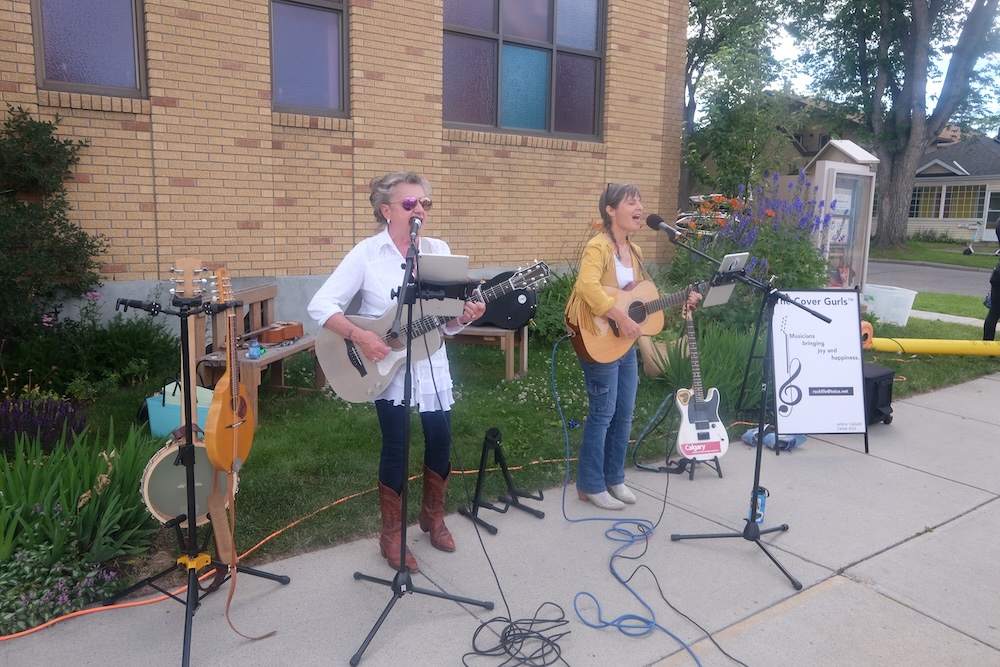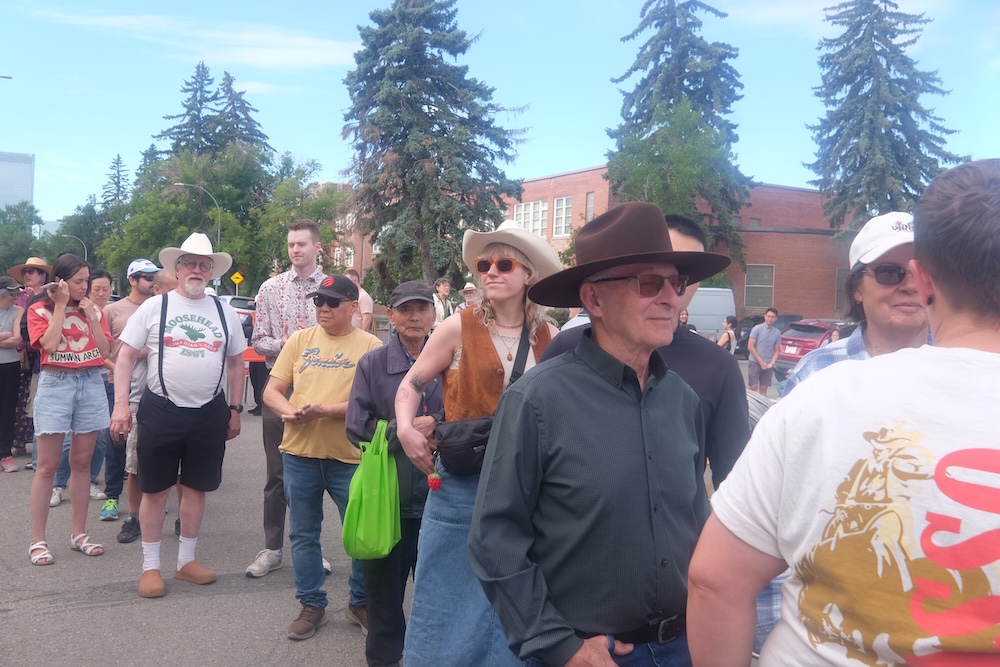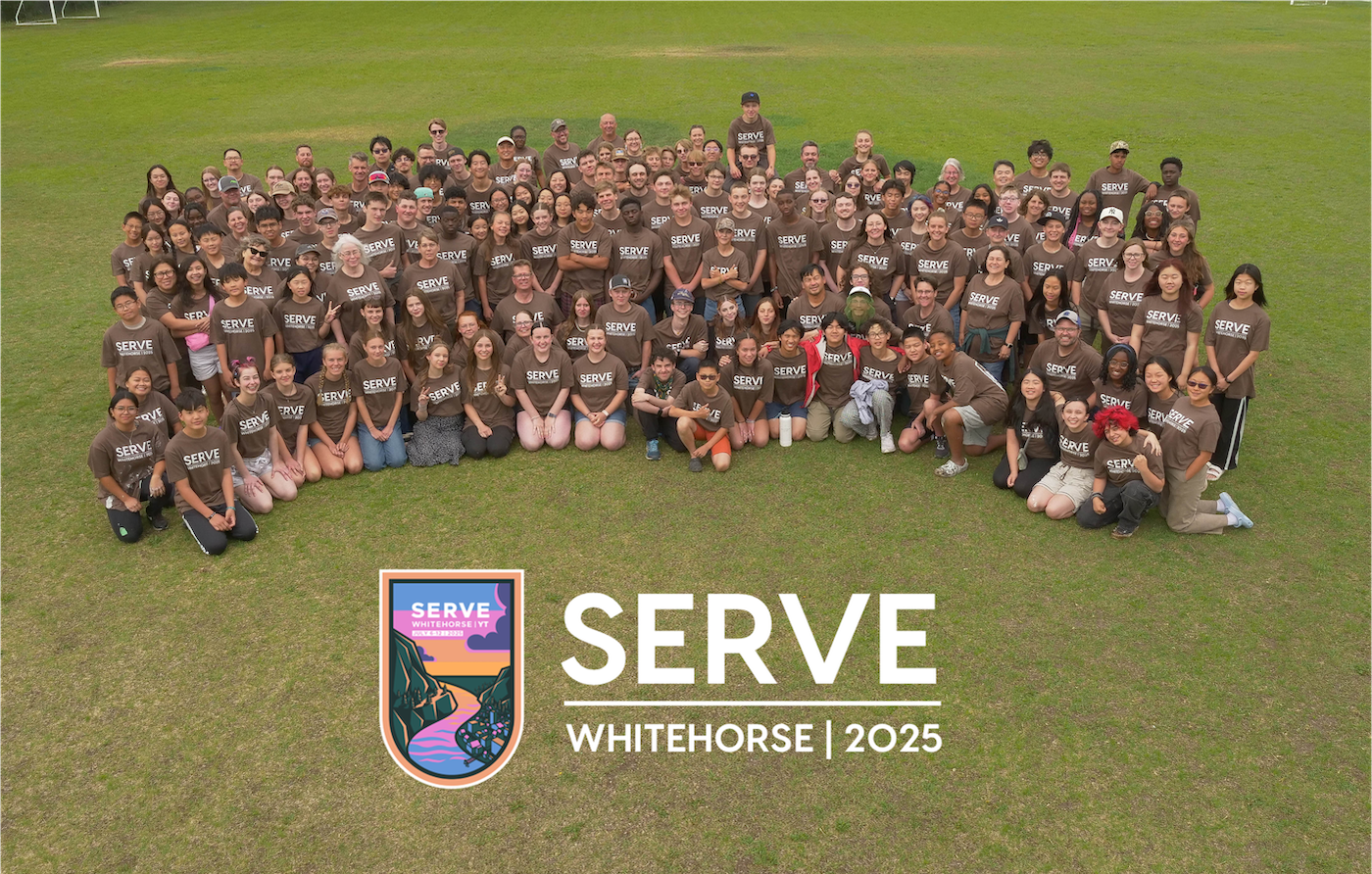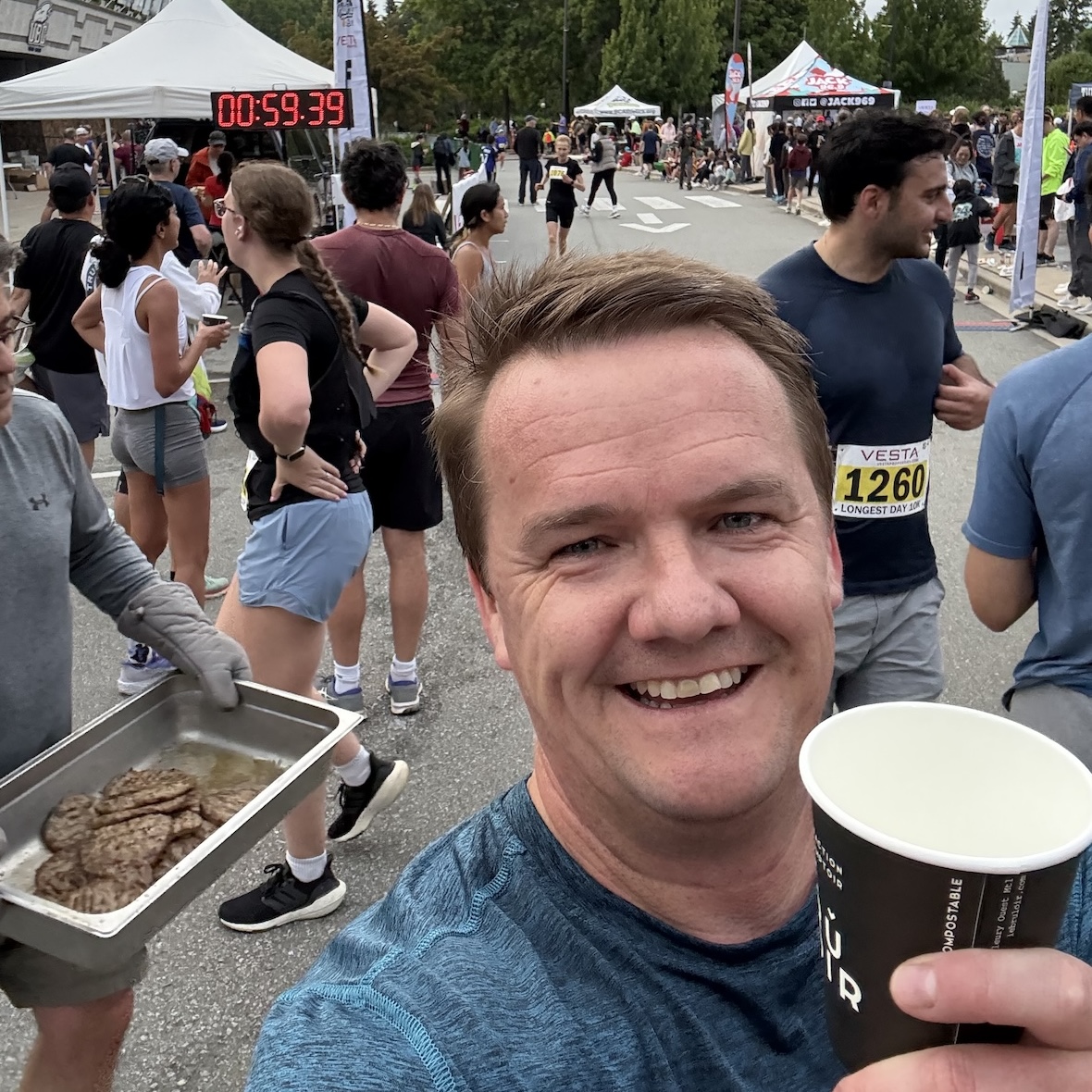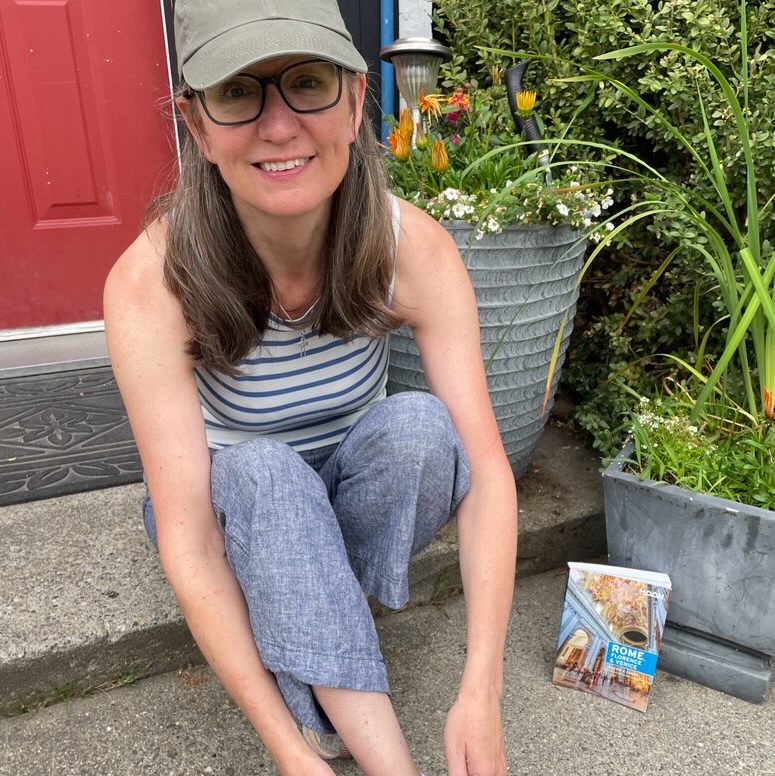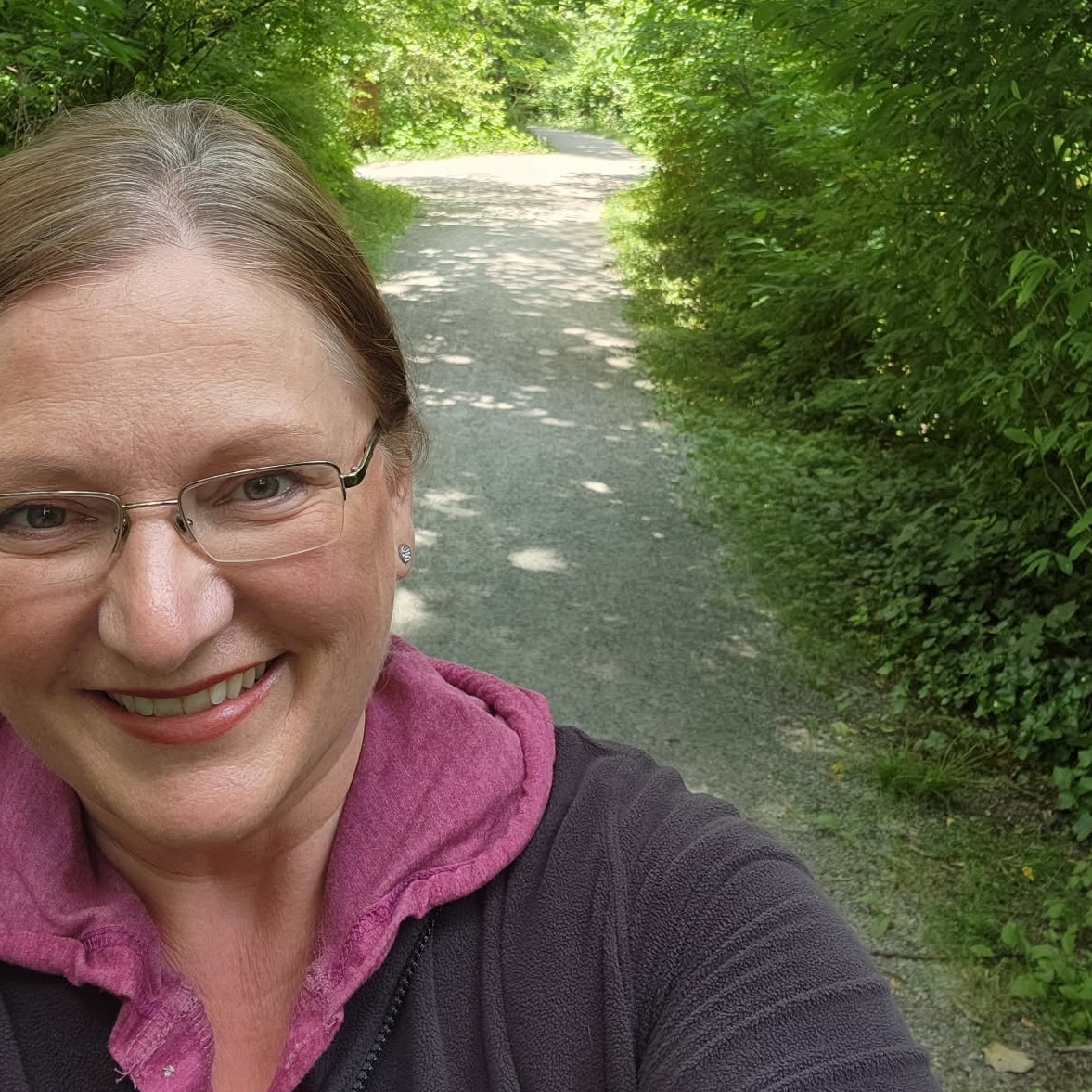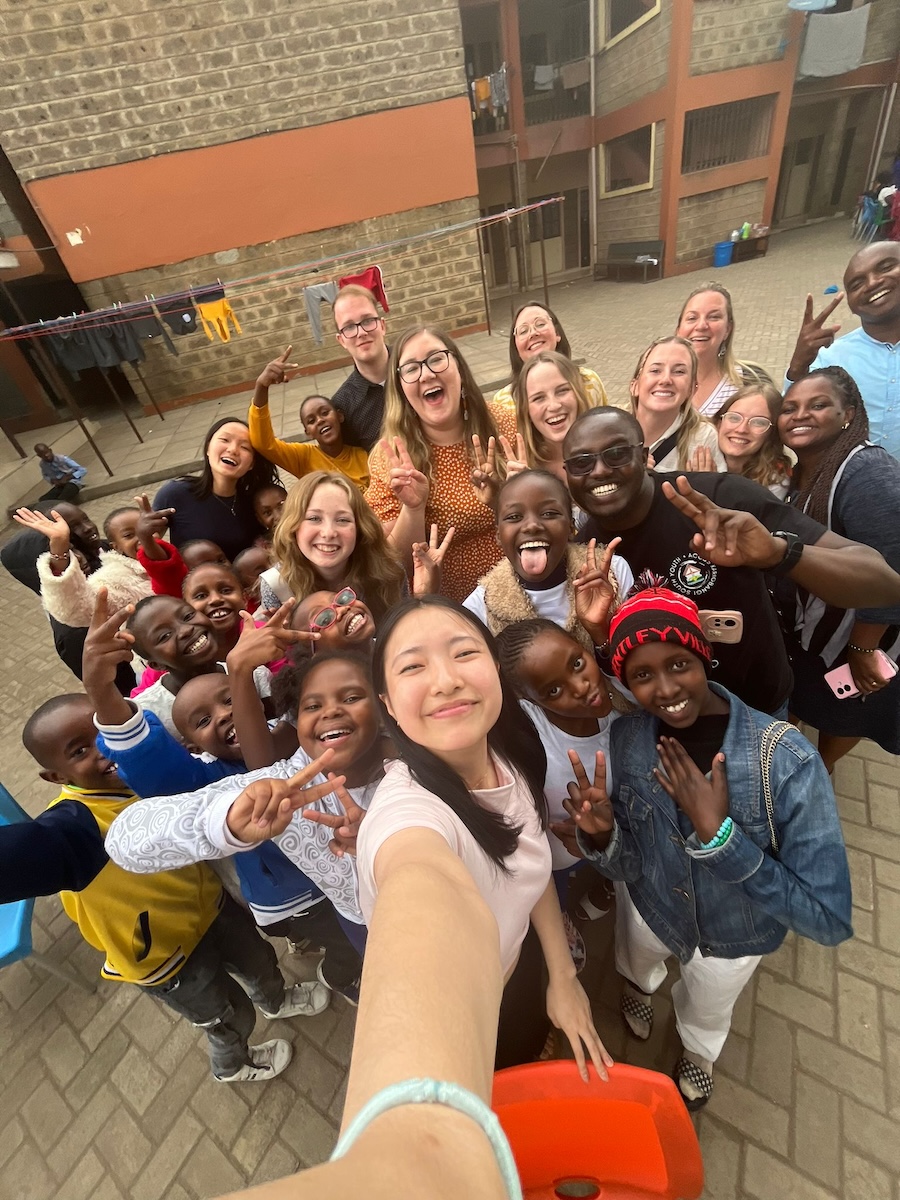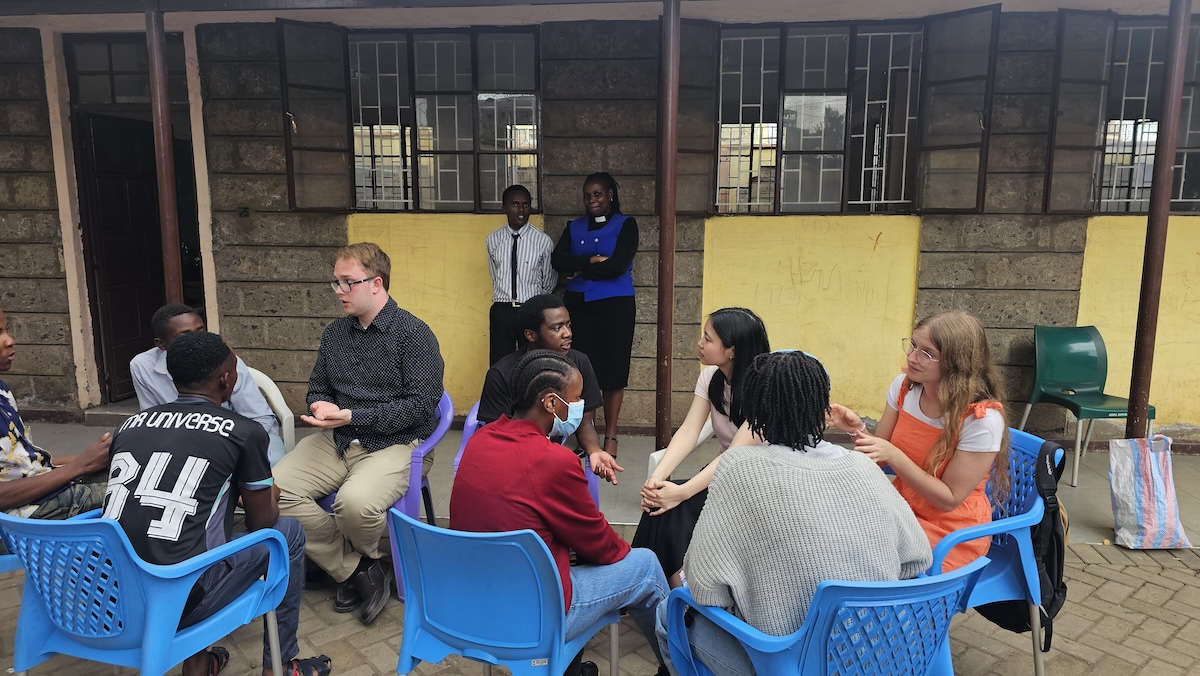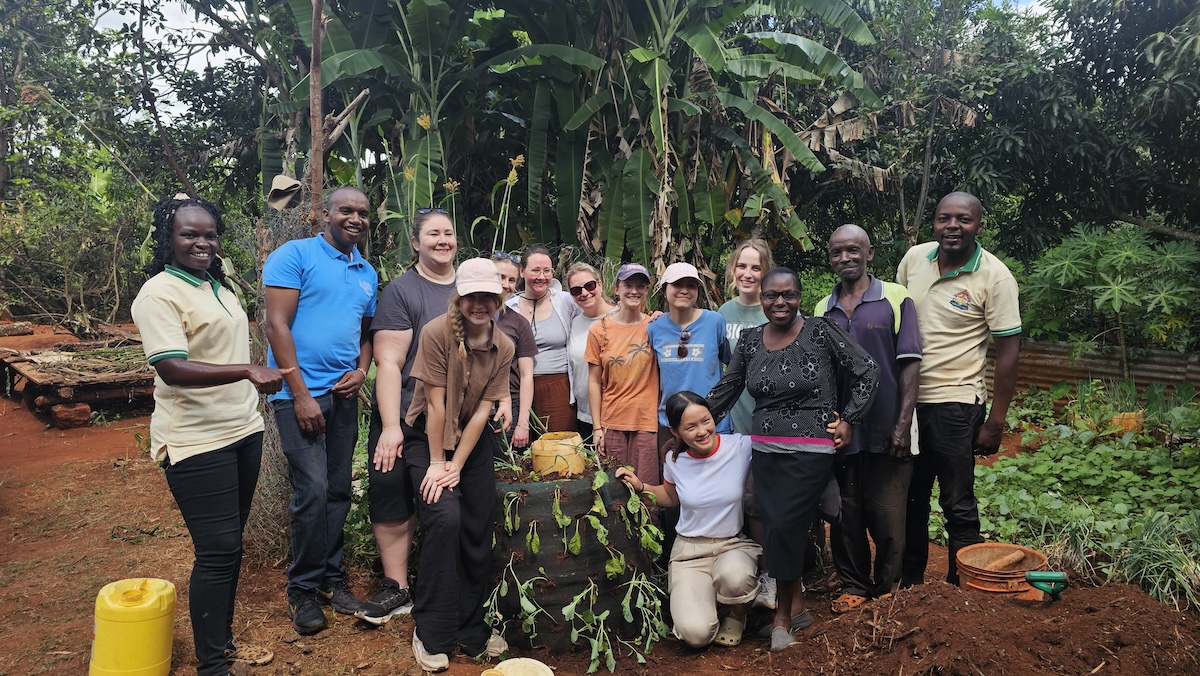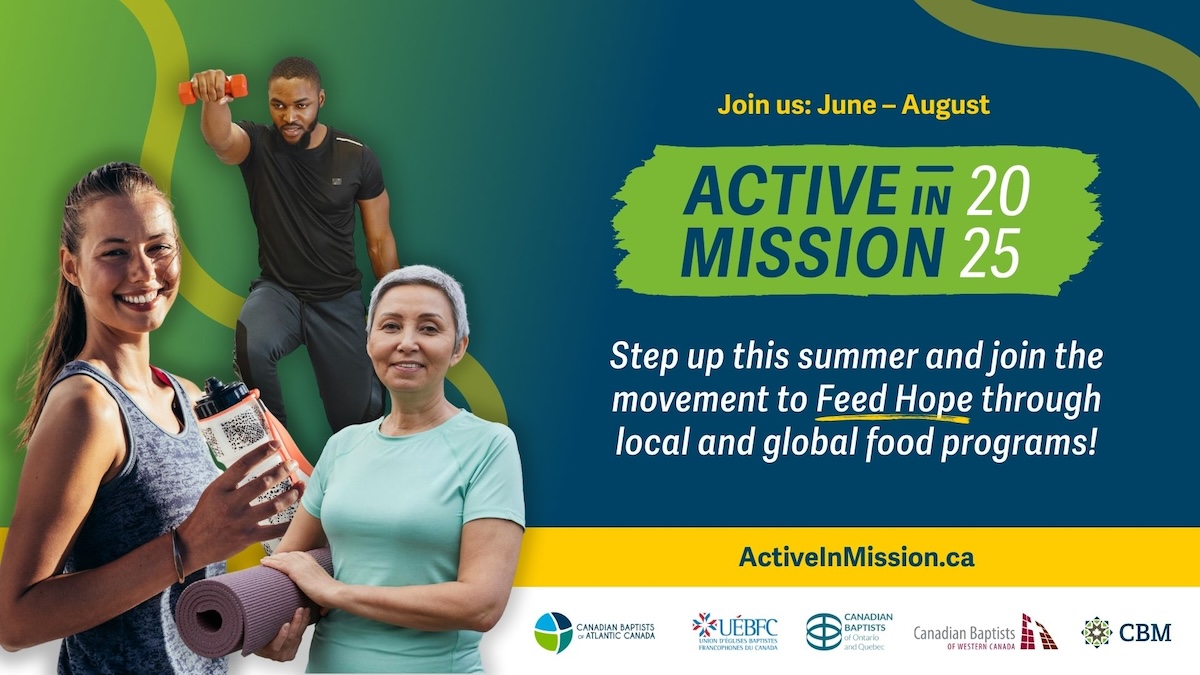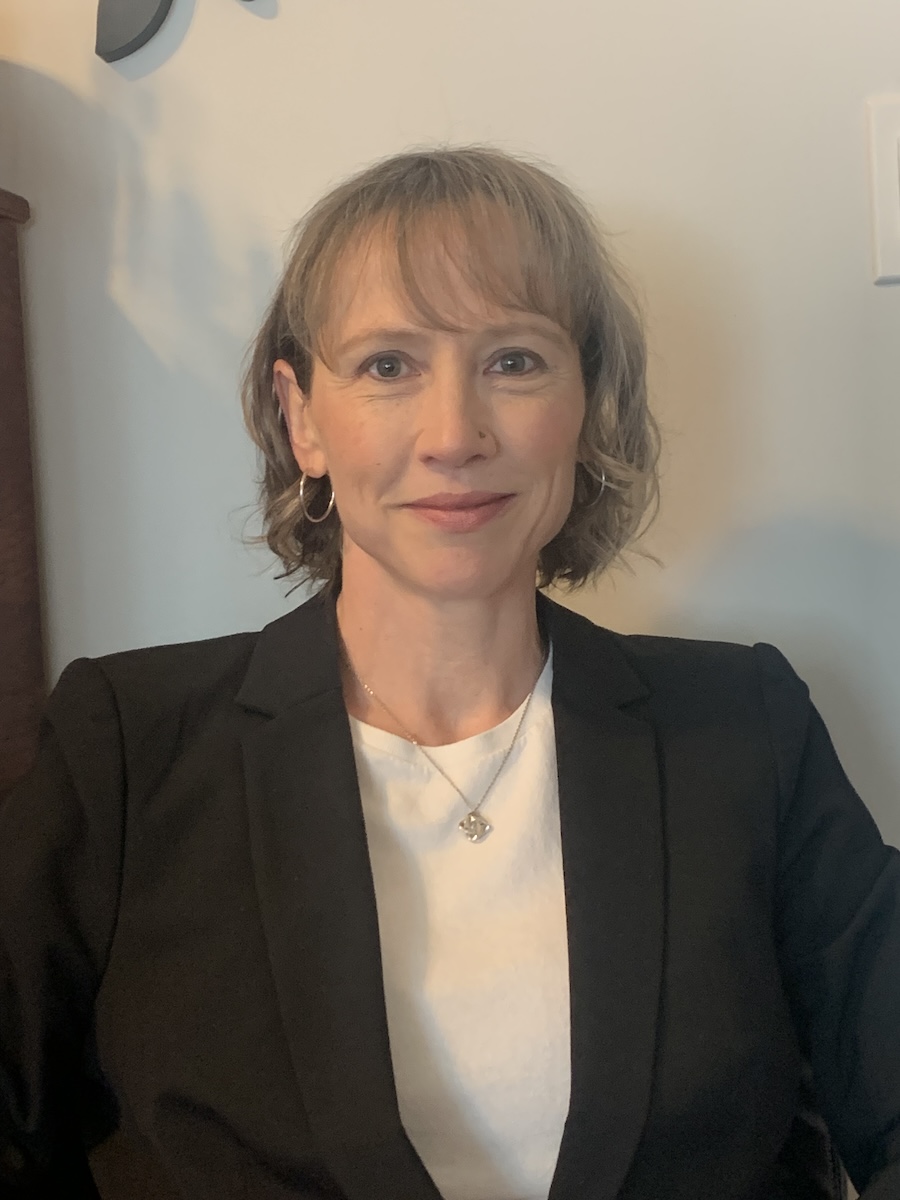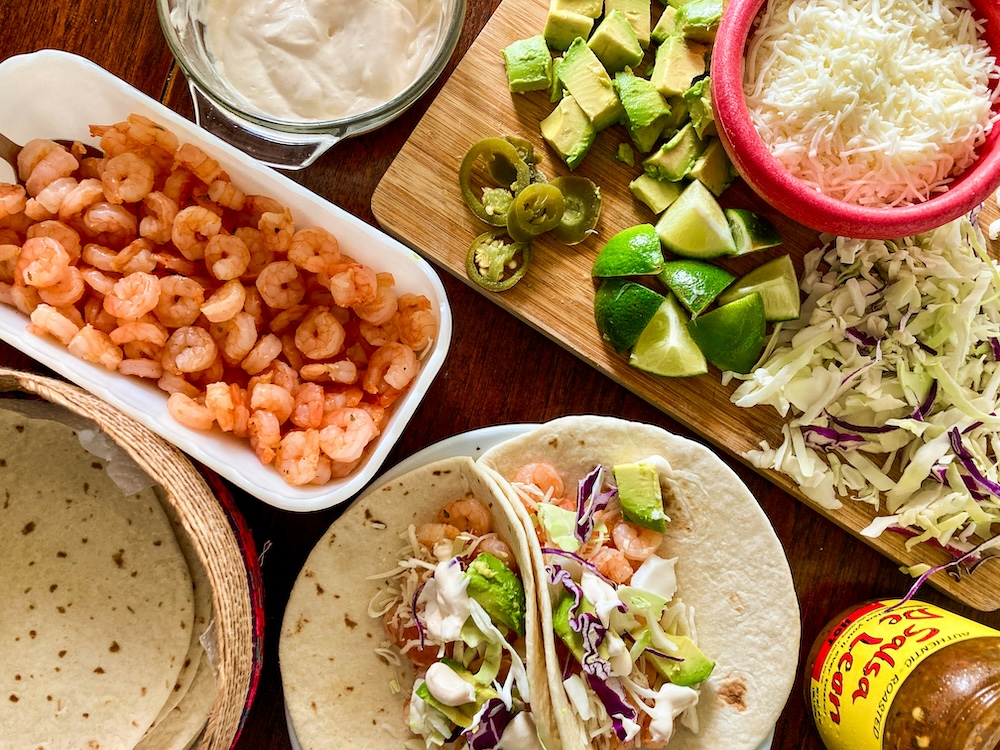Reflecting on Sacrifice: A Remembrance Day Tribute
By Rev. Dr. Jim Hardwick, retired CBWC chaplain

Thank you for taking the time to reflect, remember, and pray for those who continue to stand guard—on ships, in aircraft, and on the ground—facing those who would oppress others. This year, following my recent retirement, I find myself reflecting deeply on the dedication of colleagues and countless others who have served our nation. Their courage and resilience form the backbone of our national story, and it is our duty to ensure their legacy endures.
Remembrance Day offers Canadians a solemn duty to honour those who have sacrificed for peace and freedom. It is a day of profound significance—a time to
remember the bravery and selflessness of those who served in conflicts such as the First World War, the Second World War, the Korean War, the Gulf War, the Bosnian War, the Afghanistan War, and ongoing peacekeeping missions.
The sacrifices made by Canadians in these conflicts have protected the freedoms we cherish today. Their influence continues to shape our society’s values, from historic battlefields to present-day operations. Passing their stories on to future generations is a shared responsibility. For the military, “Remembrance” is not just a day; rather, it begins on the last Friday of October and ends on November 11th. This period is especially poignant for military personnel as we attend various parades and schools across the nation. During this time, prayers and support for those facing these challenges are especially needed. This is an invitation for us to spend the week praying for all those who have served, those who paid the ultimate sacrifice, and those who continue to suffer in silence.
Christ’s teachings strengthen us as we honour the fallen, and the Apostle Paul’s call to support the faint-hearted inspires communities to reach out to veterans, particularly during Remembrance Week. Amid global tensions, the necessity of upholding peace and committing to nonviolence is ever-present. Such challenges demand ongoing dialogue, understanding, and resolve.
I will personally spend the week reflecting on the memory of several of my comrades—including Major Ray Ruckpaul, Master Cpl. Kenneth Chad O’Quinn, and Cpl. Matthew Dinning—all of whom were extremely professional young Canadians. I also remember the impact of service on mental health, including those lost to suicide after returning home. On November 11th, as communities gather at memorials, we reflect on the service and sacrifice of all veterans. As I have encouraged our Chaplains: “keep your eyes and ears open to watch for those who are struggling.” The enduring consequences of war, both physical and emotional, call for continued support and recognition of these servants. Let us commemorate them, pray for peace and justice, and remain committed to building a better future. May we never forget the costs paid for the freedoms we enjoy.
Within our Christian faith, Remembrance Day is more than commemoration; it is a reaffirmation of core values—compassion, justice, and peace (thinking of Micah 6:8).
Consider taking a moment in your church service on November 9th to reflect and remember. Honouring those who gave their lives in service reminds us of the ongoing importance of pursuing peace and standing against injustice (thinking of John McCrae’s Remembrance Day poem: “To you from failing hands we throw…”).
Rev. Dr. Jim Hardwick, CD
2025 Executive Staff Retreat: A Time for Pause and Prayer
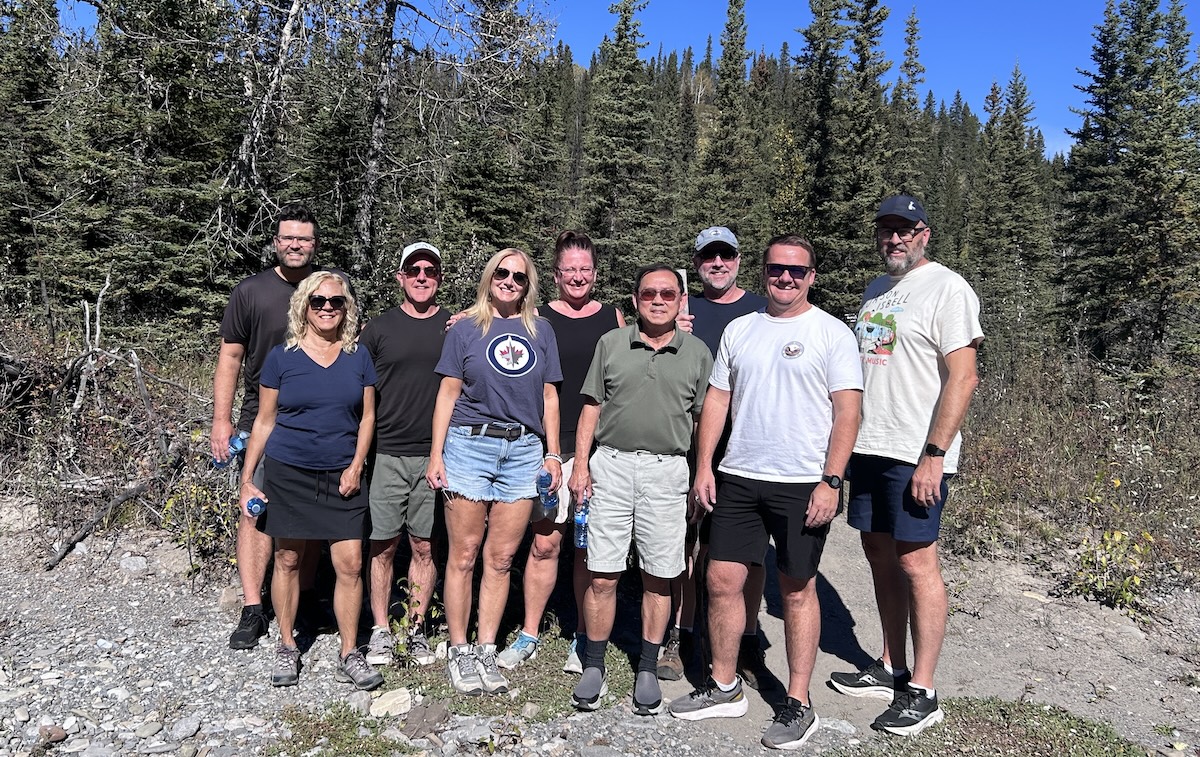
“I lift my eyes to the mountains— where does my help come from? My help comes from the LORD, the Maker of heaven and earth.” Psalm 121:1
This past September, CBWC Executive Staff met in the foothills of the Rockies for a time of pause and prayer at King’s Fold Retreat and Renewal Centre. It has been our pattern over the past few years to gather here, in advance of September Board meetings, for a time of encouragement, learning, and planning for the year ahead.
This year, there was an added sense of appreciation for the special bond we share as a team, as this was our last retreat under Rob’s leadership as Executive Minister. Conversations and biblical reflections centered around themes of change and loss, as well as God’s faithfulness in the days ahead.
With Brian Louw joining staff earlier this year, we created additional space for team building, which included a hike in the foothills and a two-team ‘best ball’ golf game. You learn quickly who has a competitive streak, and Brian fits right in!
In these days of rapid change and growing rifts between nations, taking the time to pause and pray for guidance and discernment so we may serve our churches well was a balm to our collective souls.

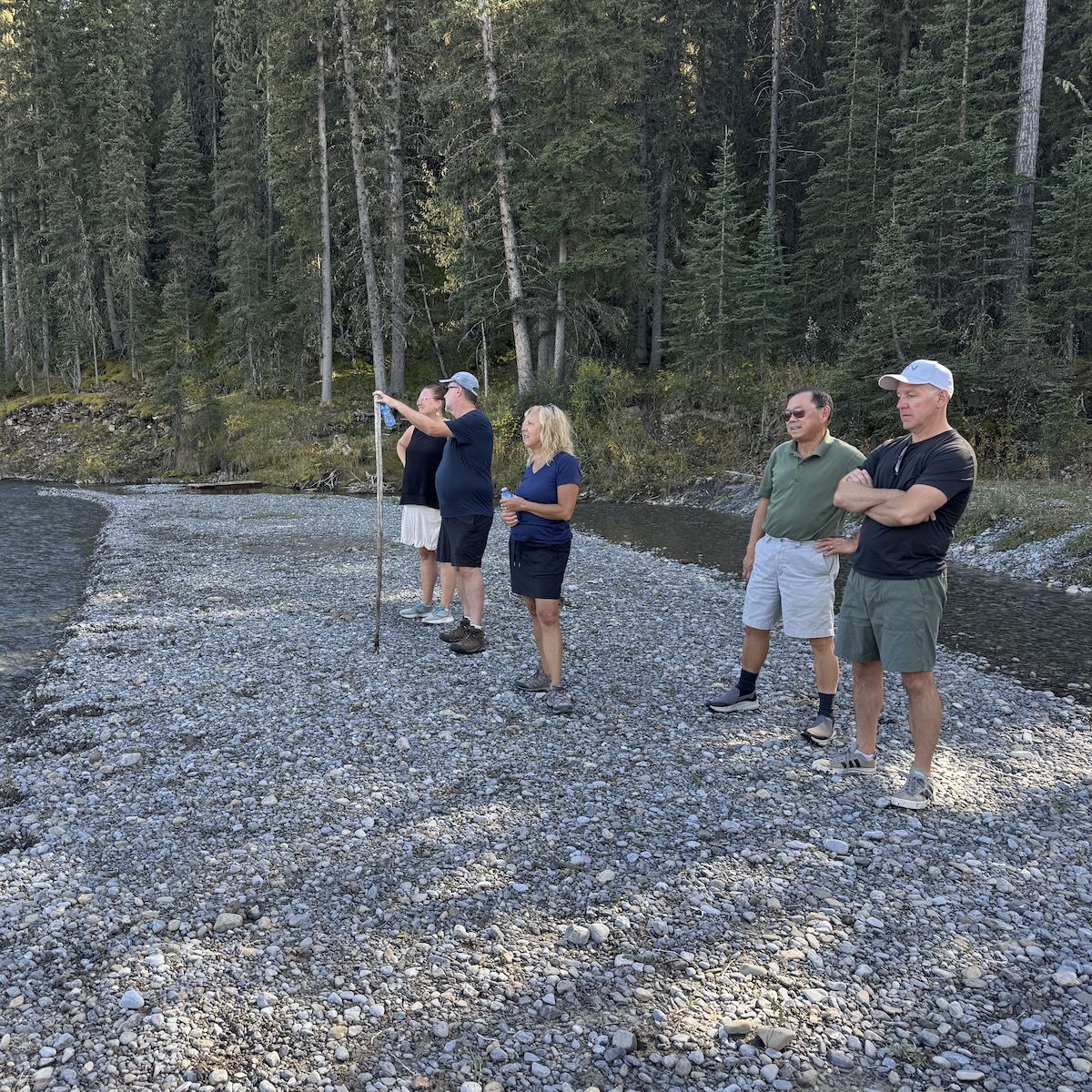
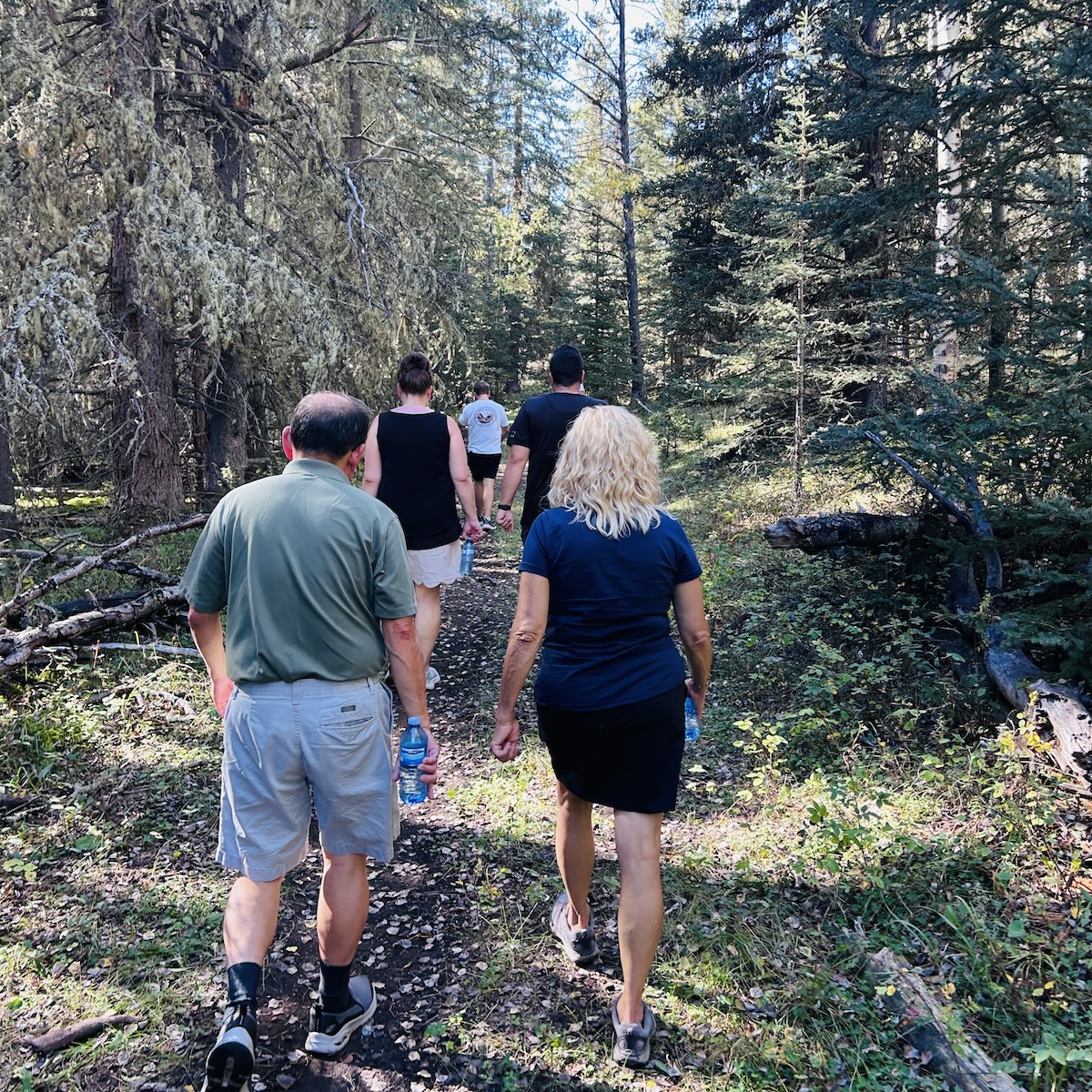
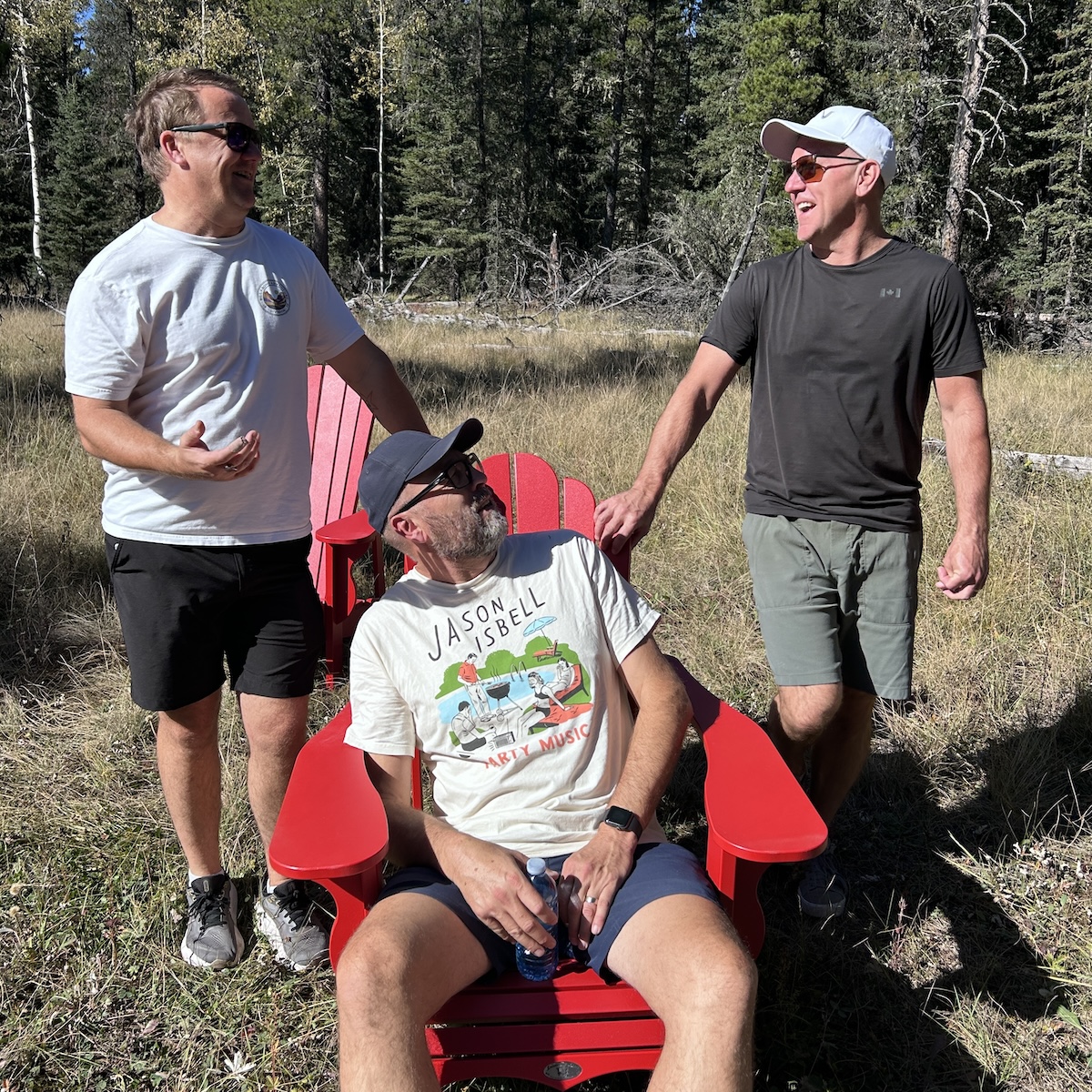
Jim King – A/V tech in Banff and Beyond
With Hannah Hamm
It’s possible that we fail to notice the humans behind the scenes at our CBWC gatherings such as Assembly and the Banff Pastor-Spouse retreat. I recently had a chance to visit with Jim King, our Audio/Visual tech extraordinaire. Read on to hear about his unique and interesting career path and make sure to look up at the sound booth this November in Banff to say hello!
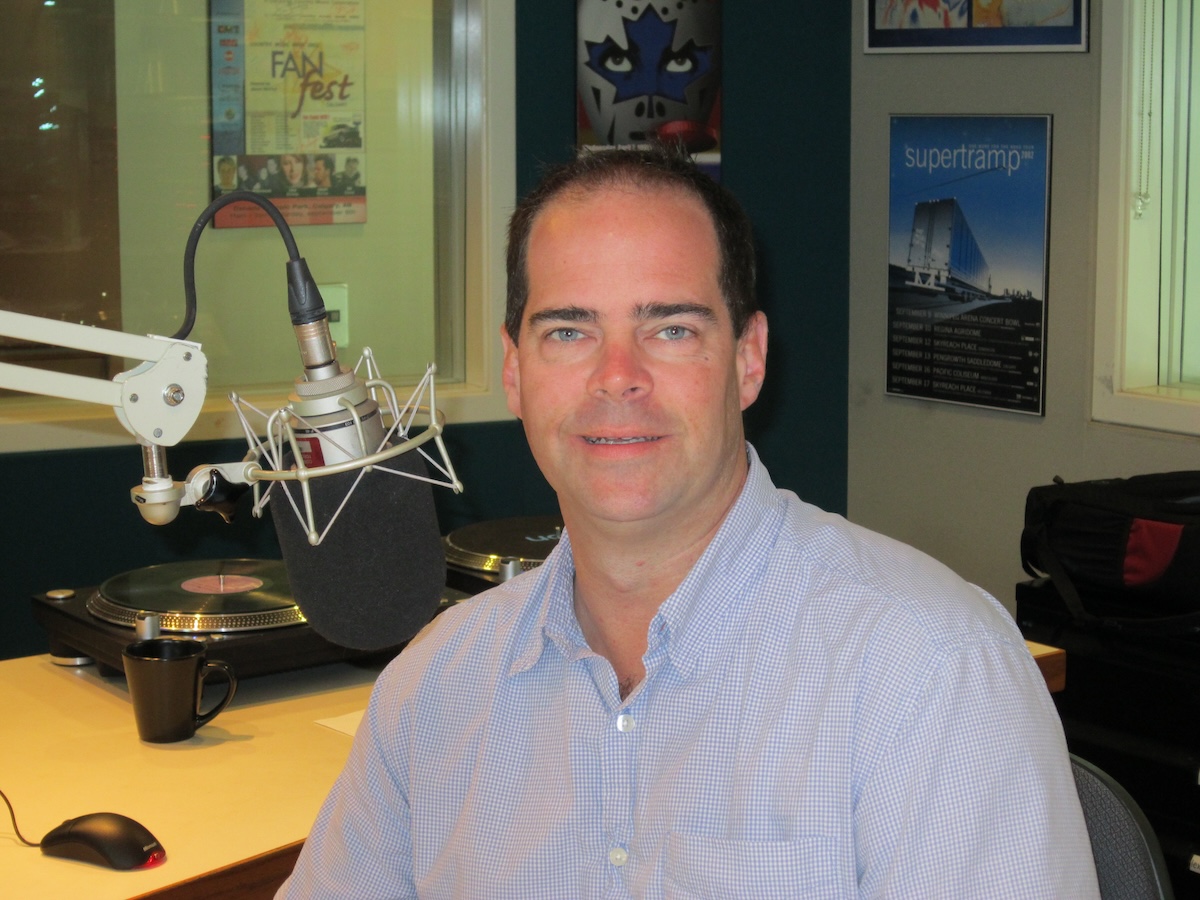

HH – Hi Jim! Thanks for making time to help us get to know you! How long have you been supporting the audio-visual needs of the CBWC at events like Assembly and the Banff retreat, and do any challenges or memories stand out from those times?
JK – The first event was Assembly 2011 and that was held at the Banff Park Lodge. I suppose I must have done a pretty good job because then I was asked back each year since.
HH – Wow, how many years is that altogether now? I guess minus the COVID years, those ones don’t count.
JK – What is that, 2011 to 2024? 13 years? So, I provided all the same audio/video services for the Pastors conference that same year, 2011, which was held at the Banff Springs Hotel. And of course, that was pretty exciting because,you know how the Banff Springs is—it has a reputation for being very, very swanky. And it was! It was very nice. You know, you get treated like royalty and pampered a little bit.
I’ve got a hint to share. The gift shop. I bought a book about Banff Springs, and it gives you all the insights as to how it all came about and how it was tied in with the railway. It’s actually quite an interesting read. I love that kind of thing.
HH – Me too! OK, next thing curious minds want to know. Where did you get started in this field and how has your field of expertise expanded over the years? Is this your full-time job?
JK – As far as the ‘live sound’ type work, it’s not full time. I do a lot of other audio-visual work. So, if you’ve been to the likes of OPA restaurants, the fast-food chains, or some of the Shaw stores that are in the malls, I’ve done audio and video installs for those types of commercial applications and boardrooms.
HH – It sounds like your work is quite varied!
JK – Yeah. So, the live sound stuff, that started with me providing audio for, believe it or not, CD and album release parties with the record label. Back in the day, they were called release parties. What we did was provide microphones and speakers on stands, and then what we call a ‘press box.’ And what the media would do is they would plug into this press box and then everybody gets the exact same audio feed, and with good quality. We would provide that for various big-name artists.
HH – Can we know who some of these artists were?
JK – There was some stuff for The Tragically Hip (most of this is going back to the early 90s). The Tragically Hip, Shania Twain, Garth Brooks, and Hothouse Flowers. Terry Clark would be another one, and I can tell you not all artists are created equal.
(Here is where Jim recounted to me a story of one famous singer who didn’t exactly behave well and with whom he didn’t see “eye to eye.” I’ll withhold the singer’s name from this version of the story, but feel free to ask Jim if you see him in Banff.)
JK: Garth Brooks was a completely opposite case of that. We did the album release party for, I think it was, the Fresh Horses tour.
He comes into the room and he’s like, “What are you doing?”
I said, “Oh, I’m Jim. I’m providing the audio for your release party here.” And at the end of it, he says, “Are you going to be going to the show tonight?”’”
I said, “Yeah, yeah. I’ve got tickets through the record rep’, and he said, “Perfect. I’m glad you’re coming and thanks for all the work you do!”
Next day, I travel up to Edmonton, to the Northlands Coliseum, and similar thing, but this time as he walks through the door, he kind of stops in his tracks and he looks at me. He points and he goes, “Jim.”
He says, “Oh, are you doing the same thing?” I said “Yeah, I guess I’m stalking you,” and you know, it was all casual conversation. And here I was doing all this audio for him again for this release. He ended up insisting I stay for the show again that night, and made sure I was given tickets.
So that was that was how I got into the beginnings of doing live sound and then, of course, that’s worked its way up to doing such events like the kids and Family Day shows at the Calgary Stampede Grandstand and doing a bunch of MC work as well. So yeah, like I said, not a full-time job, but there’s definitely some frequency to it.
HH – Can you tell me more about your work with the Calgary Stampede?
JK – So, I would work with every band that came across that stage, and even some of the kid’s groups like The Big Comfy Couch, Thomas the Train, and My Little Pony. I got to work with a bunch of those sorts of kids’ programming artists and made friends with them. We also had a long running hypnotist, Terry Stokes, and he was there, I think, 42 years.
There’s always so much fun with when working with these people because for 10 days of the Stampede you became this little family, right? And we always used to joke about how we’re going summer camp here. It wasn’t Stampede; it was summer camp.
HH – That gives a whole new perspective on the Calgary Stampede! What are some of the other unique places your work has taken you?
JK – Part of my career, for at least a period of six years, had me flying in the Global News helicopter above the city of Calgary five days a week. So, that’s one definition of, you know, high profile. I was on the 5:00 and 6:00 news every day, gathering traffic news stories, getting live and breaking news covers for the viewers and whatnot.
I’ve always loved aviation. It’s always been something that I was interested in, so when the opportunity came up to learn this and get involved, I said “Sure, why not?”
HH – Perfect. Nice mixture of things you love to do. One more question; Does faith in God impact your work specifically in any way?
JK – The simple short answer to that is yes, of course. I’ve always believed that that God will never give you more than you can handle, and that’s just a philosophy that I’ve that I’ve always had and always believed in.
So, I’ve always believed that if you have a chance to do something (and this is what I was sort of referring to earlier), if you have a chance to do something, take it. That’s the answer. A lot of times people have said to me “Oh, Jim, you’re so lucky.” Well, I don’t think that it’s luck. First, it’s been God giving me the blessing and the opportunity to do something. And second, imagine you’re approaching something new and you want to ask a question but you’re afraid or shy to do it; if you don’t ask, the answer was always going to be “no.”
And so that’s how I’ve raised my kids that way, to do the same thing. You know if there’s something you’re curious about, just ask. I think that again, going back to the question, yes, God has played a big role and as I say, never, never given me more than I can than I can handle. The Lord has definitely played a role and given me the opportunity to travel to these places that I would probably never have ever been to in some cases and to have these opportunities.
HH – Is there anything else that you would like to share from your unique perspective behind the scenes?
JK – The only thing that that I really wanted to add is just to encourage people to have a little bit more understanding and patience with people, particularly as it relates to what I do with the CBWC. I’m not suggesting that anybody has ever been mean or vindictive or any of that kind of thing towards me, because they haven’t—but it it’s kind of a general thing in any other any other job such as an event planner, like Esther, for our pastor’s conference. And I think this is more of just a blanket statement. It’s to understand how much planning it takes to put on these types of events.
All the calls and emails and the behind-the-scenes preparation. Planning, literally, is weeks and months ahead of what everybody sees. You know, the guests show up, they sit down and do whatever they’re instructed to do. If it’s a Bible study or if they’re just taking in one of the speakers or musicians for that session. You know my encouragement is just to have some understanding of how much work and effort that it does take.
In our industry, in the sound industry, very few people say that you did a good job. But of course, when you mess up or something’s wrong, you’re the star of the show now, right?
(After our conversation we both agreed that Esther Kitchener, and other humans behind the scenes, should have a shout out).
HH – Such a good glimpse into your perspective! We are thankful for all the unseen work that you (and the team) do. Thank you so much for telling me all about your life and your job today. That’s been awesome. See you in Banff!
Humans of the CBWC–Jenna Hanger & Legacy Fibers
It’s been just over a year since I made the decision to step back from my role as Senior Editor and Writer for the CBWC to help support our farm’s new venture; growing and selling industrial hemp. From confusing our neighbours with the fast-growing, suspiciously smelling plant, to having to invent parts and reconfigure the processing line every few months, it’s been an adventure since we started Legacy Fibers in 2023.
For a few years previously we’d been searching for something to diversify our farm operations. When we met as a family to discuss what we wanted for our farm and for the future we landed on two things; something that would create a firm foundation for our children’s futures and create job opportunities now. When we learned about hemp during a chance conversation with a farmer while on vacation, we were immediately intrigued. Not only is the plant good for the environment and green initiatives, but there are also hundreds of products that can be made from hemp. We just needed to pick a direction and go for it.

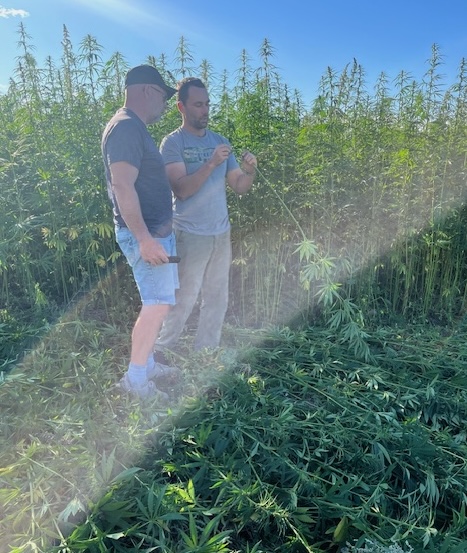
It felt straightforward, and maybe even an answer to prayer for what we had been searching for.
After some research and conversations, we jumped in, quickly discovering that starting a business––especially a business that is at the beginning of establishing an industry––is anything but straightforward. It’s more like a rollercoaster with good days and bad, exciting meetings, periods of silence, machine breakdowns and breakthroughs.
This past year we hit some important milestones. We started our own brand of animal herd bedding for large and small animals called Legacy Hemp Premium Bedding. Currently, we are in six stores across Alberta and soon to be on the shelves at UFA.

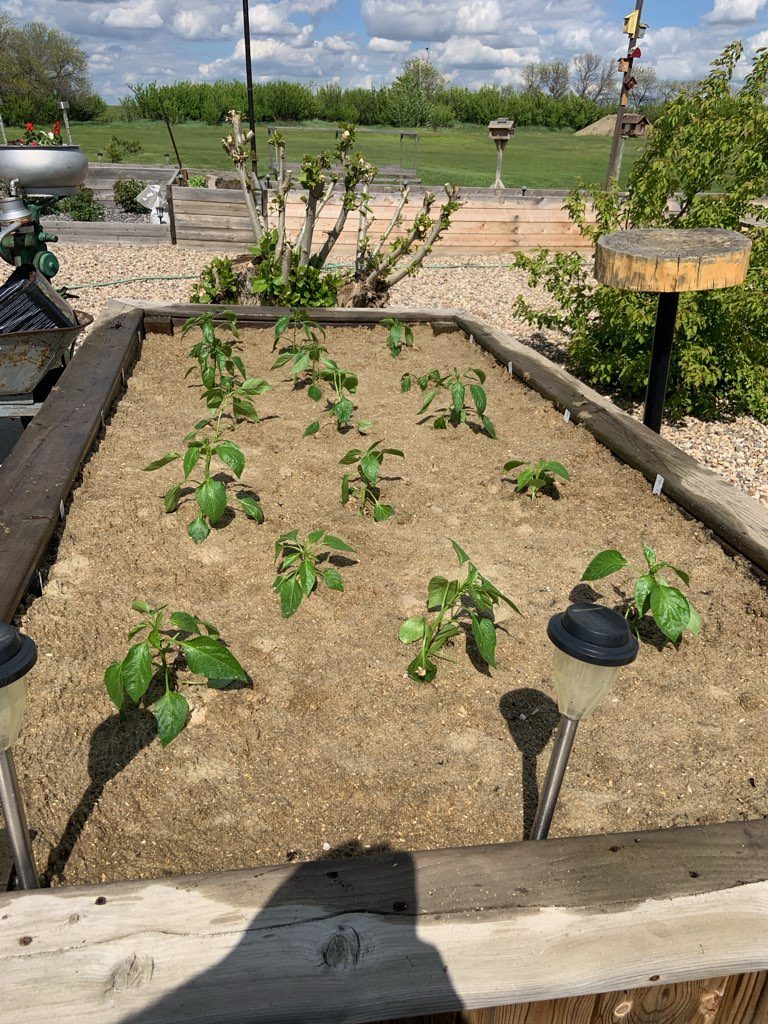
We have also done some trials this summer with plant mulch and weed suppressant using the fibre part of the plant, which has been exceedingly promising. We had it tested for use as biopolymers, pulping and concrete additive, amongst other things.
Throughout this year we’ve had a lot of conversations about why we are doing this, why we are adding a heavy workload and stress on top of an already busy farm operation. There is a mix of answers. Starting a business has always been my husband’s dream—since we were in our early twenties—and we know as Christians we are called to be good stewards of the resources gifted to us. As farmers in Canada much has been given, and I believe much is expected. Because of this there has been a challenge to evaluate what success looks like. Of course, the hope is that Legacy Fibers will take off and be financially viable. But if that is the only end goal, I don’t think it’s enough.
If we truly believe God led us to this opportunity, it must be about more than what it can do for us; how it can help people. This is the legacy that has been passed to me from my own family. As far as I can remember, my parents have always had extras around our dinner table. Someone in need of counsel or help. Someone in need of employment or a place to get back on their feet. Our family farm was that place for many. This is the heart behind a lot of what we do, and what we hope Legacy Fibers can achieve in the future.
Creating employment has been the first part of this. Our farm is currently able to employ seven additional people––two of whom are refugees from Ukraine––as well as support three families (mine, my sister’s, and parents). This wouldn’t be possible if we weren’t trying to diversify our operations. Beyond that, we are continually thinking outside the box for how this business could reach and affect others.
We don’t know where this adventure will lead us. It is possible we will look back at it as something we tried before trying something else. Or it could be a lasting legacy that our children build their own lives from. Either way, we are excited to see how God uses it and how He might use us in it.
Disciplemaking: The Core Mission of the Church

Have you ever Googled “What does Jesus say is the core mission of His Church?” Some websites emphasize that the core mission is from the Great Commission. Others say we must practice justice and mercy—or know, love, and represent Jesus. Still others say the core mission is to worship, serve, preach and proclaim the Gospel. These are all good and right answers. Embedded in each is the idea that the core mission of the Church is to make disciples. Yet in our western world today, one of our primary struggles is helping people move from being good church attenders and servers, to disciples who make disciples who make disciples.
Author Neil Cole notes that, “Ultimately each church will be evaluated by only one thing. It’s disciples. Your church is only as good as its disciples.”i
Disciplemaker cohorts learn, think about, and discover together how to move from growing ‘church attenders’ to growing ‘disciplemakers’. We invite you to consider joining our 2026 Cohort. Discover with others what your particular community can do to prioritize disciplemaking that reaches the neighbourhoods around you with the Gospel!
~ Shannon Youell and Cailey Morgan, CBWC Church Planting Team.

Disciplemaking Cohort 2026 Details:
A 5-session practical Zoom cohort. Come bring your stories, roadblocks, listening ear, and hard questions to this applied-book-club-meets-disciplemaking-incubator workshop series.
2026 Session Dates: 2-hour Zoom, once a month, January to May. Dates and times TBD in consultation with participants.
- January: Introductions and What is Discipleship?
- February: Brad Brisco’s ReThink and the Centrality of Discipleship and Mission
- March: Matt Lake’s Crossing the Discipleship Chasm and “the Wicked Problem” of Discipleship
- April: Eun Strawser’s Centering Discipleship and Establishing a Discipleship Pathway
- May: Randy Reese’s Deep Mentoring and Examining Our Own Hearts and Stories
Cost: Participation is free, but you’ll need to source your own copy of your assigned book.
What We Expect From You:
- Each collaborative session will focus on an aspect or perception of multiplicative discipleship. You will be expected to bring your own ideas and experiences to the sessions, as well as engage in experiments in your context between sessions. We will share in the work of reading and gleaning from books, we’ll all read Brisco’s brief e-book Rethink to establish some shared ideas and language, and you’ll also be assigned one other book from our list to read. You’ll be asked to bring the learning and questions from your book to the conversation.
- We hope that each participant will intentionally pray for others in the group between sessions.
- We expect each participant to write a 400 to 1000 word entry for the Church Planting blog. This will be drawn from your personal discipleship journey, epiphanies as a disciplemaker, roadblocks, and/or learnings on the how, what, and why of making disciplemakers.
What You Can Expect To Do:
- Engage a Scripture passage
- Think critically about the core mission of the church
- Share the fruit of experimentation/experiences/homework from the last month
- Discuss the feature book, hearing especially from the readers of said book
- Process how the topics apply to our specific contexts
- Pray for one another
If you’re interested in joining us, please contact Cailey at cmorgan@cbwc.ca before December 12.
—–
- Neil Cole, Ordinary Hero: Becoming a Disciple Who Makes A Difference (Grand Rapids MI, Baker Books: 2008): 185.
CBWC Foundation Welcomes New President

On behalf of the CBWC Foundation Board, I am pleased to announce the appointment of Rev. Jamey McDonald as Foundation President, effective November 1st, 2025.
Jamey brings a wealth of pastoral and administrative experience, along with a deep passion for Gospel ministry. This has been particularly evident in our local congregations and partner ministries. Since 2017, Jamey has faithfully served as CEO of Hopehill Community Living, a valued CBWC partner based in Vancouver. His visionary leadership and commitment to community make him uniquely suited to guide the Foundation into its next chapter.
We invite you to join us in extending a warm welcome to Jamey in his new role.
At the same time, we extend our deepest gratitude to Bob Webber, who generously served as Foundation President for the past four years. Bob’s faithful leadership has strengthened our capacity to serve the broader CBWC community. We pray for God’s continued blessing as he enters retirement.
We remain committed to stewarding resources for Kingdom growth and are encouraged by the Foundation’s continued financial health.
By Sam Breakey, CBWC Foundation Board Chair
CBWC Foundation Financial Highlights (5-year snapshot)
Metric 2020/2025 (YTD)
Total Assets Under Management $15,203M/$20,174M
Loans to Churches/Ministries $12,074M/$15,389M
CBWC Mission Grants $614,997/$800,000 (annual)
Total Equity ($223K net increase) $15,133M/$15,356M
Copyright © 2025 Canadian Baptists of Western Canada, All rights reserved.
Making Connections is the monthly newsletter of the CBWC.


